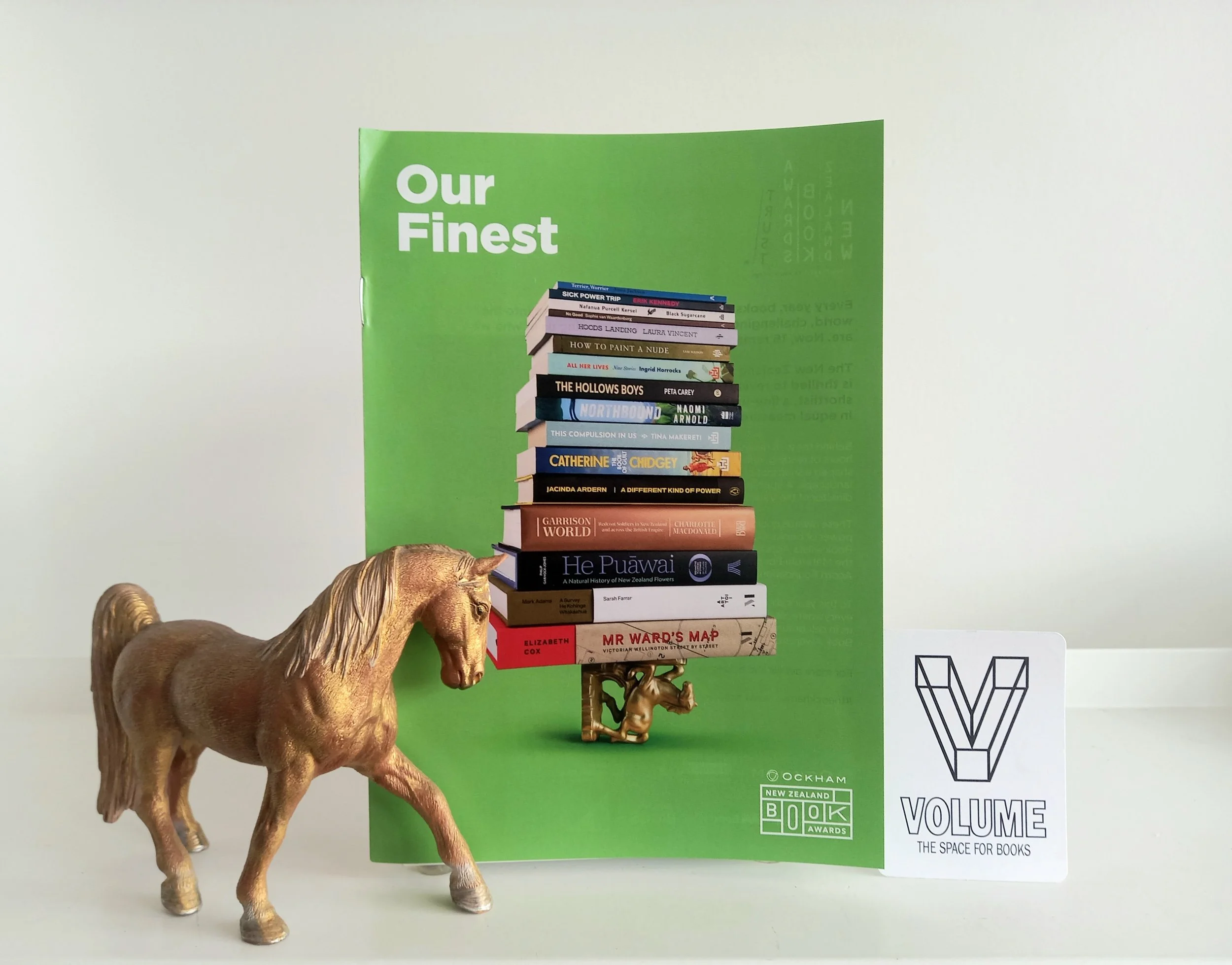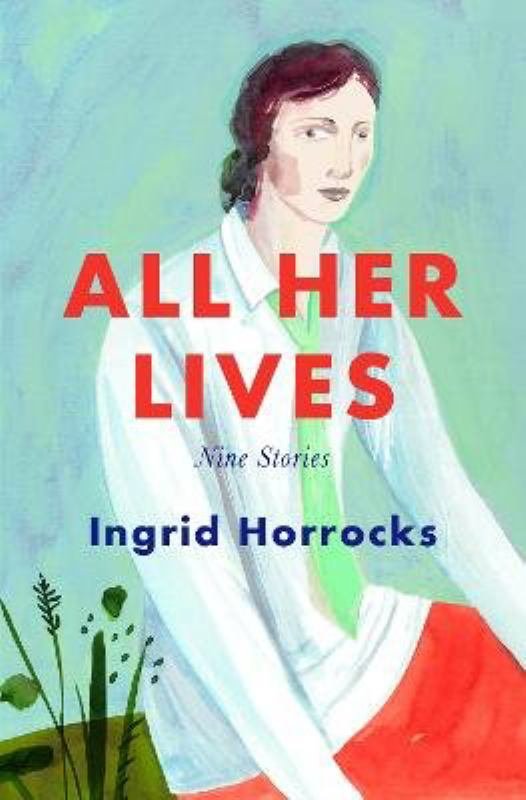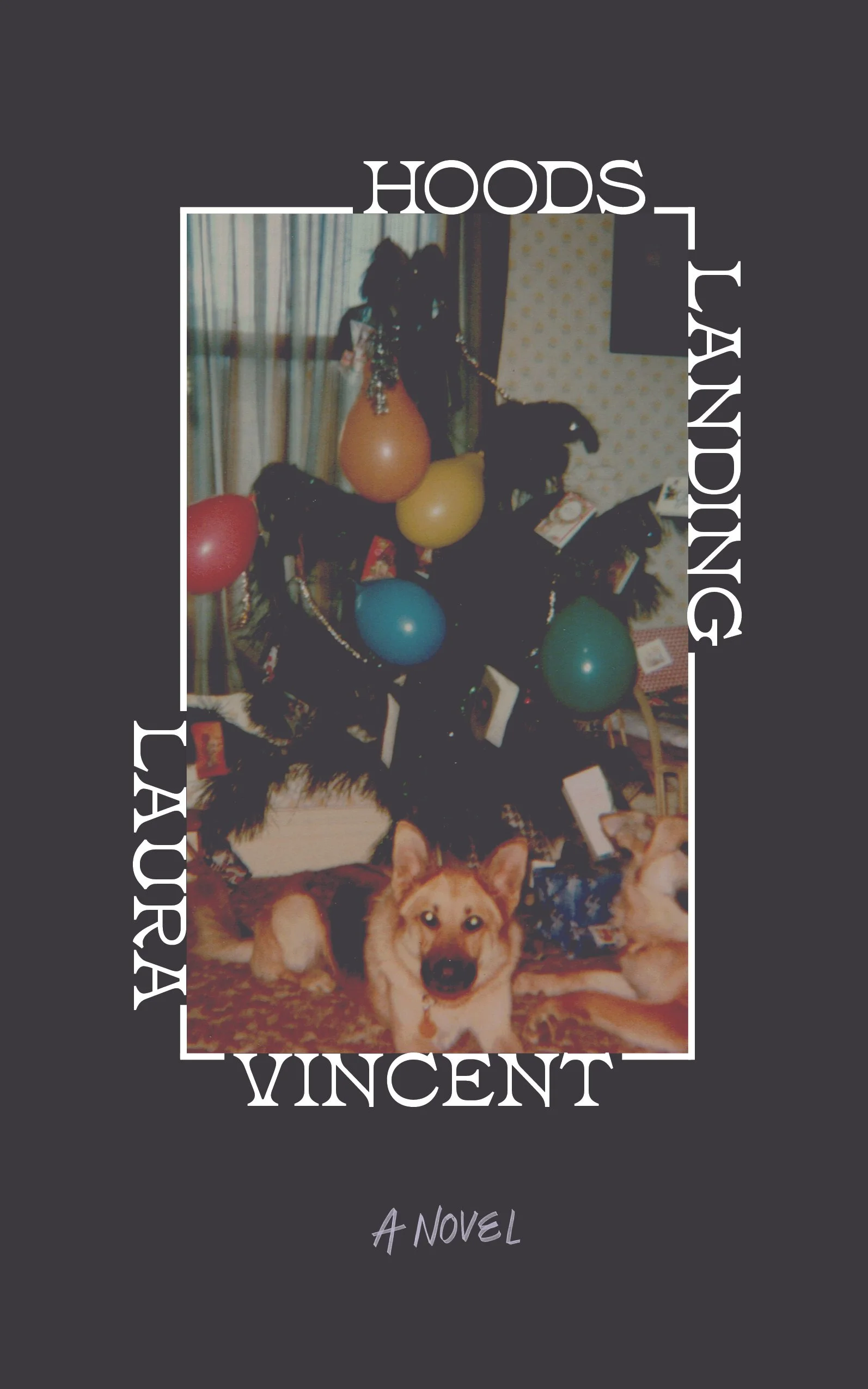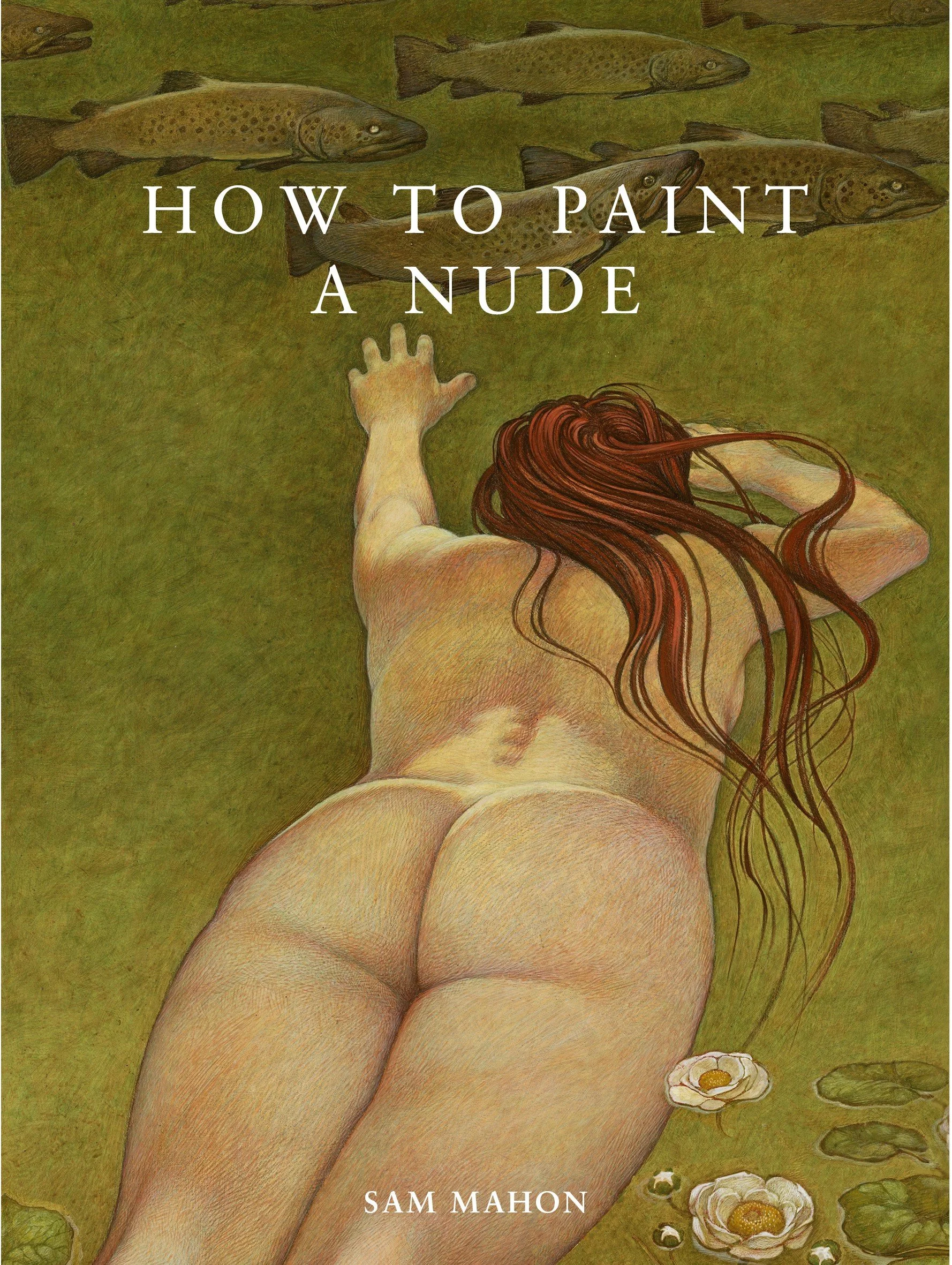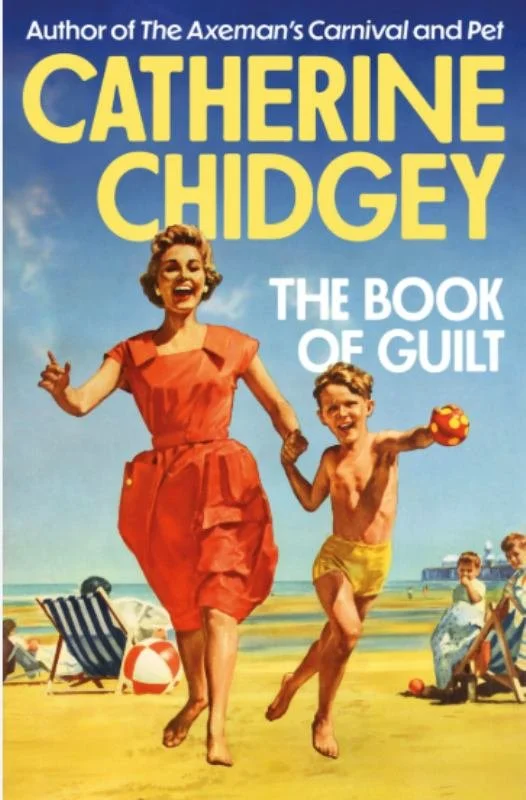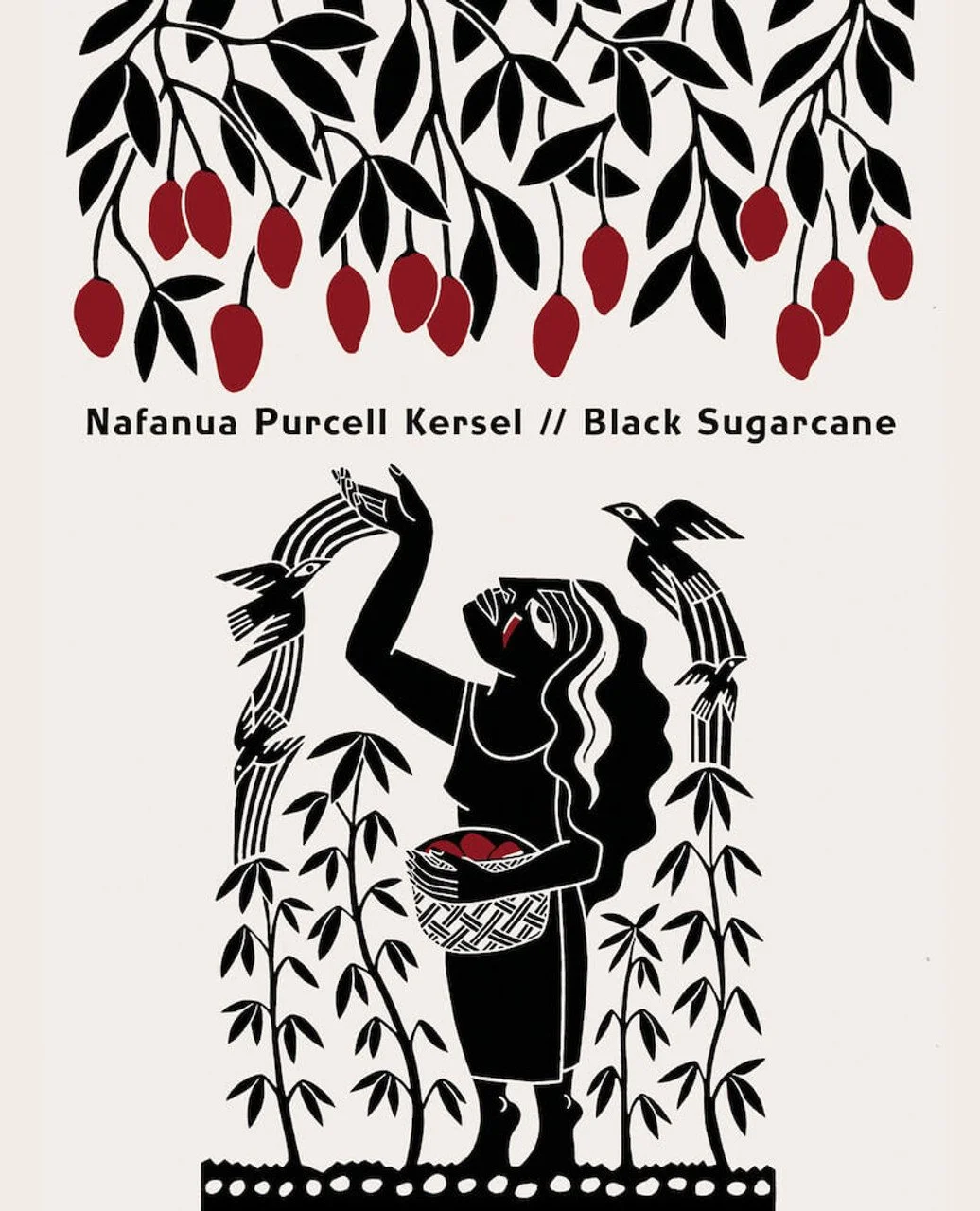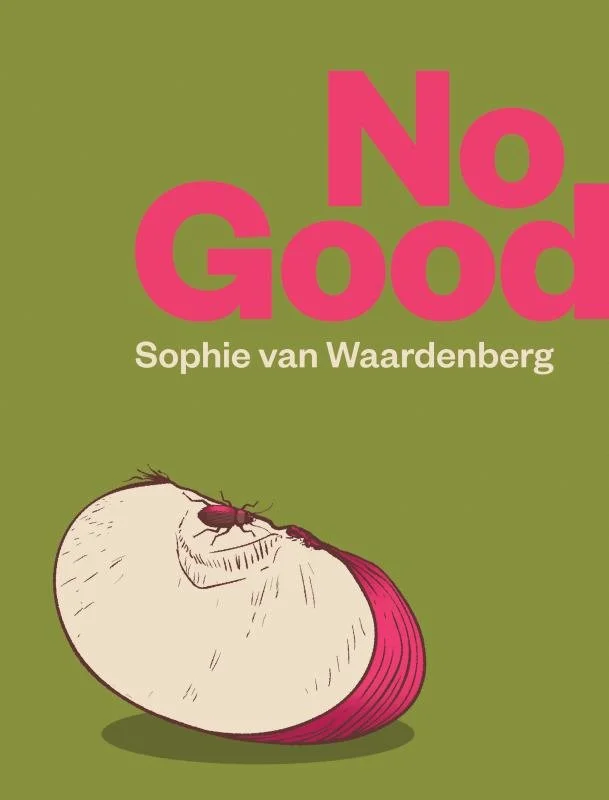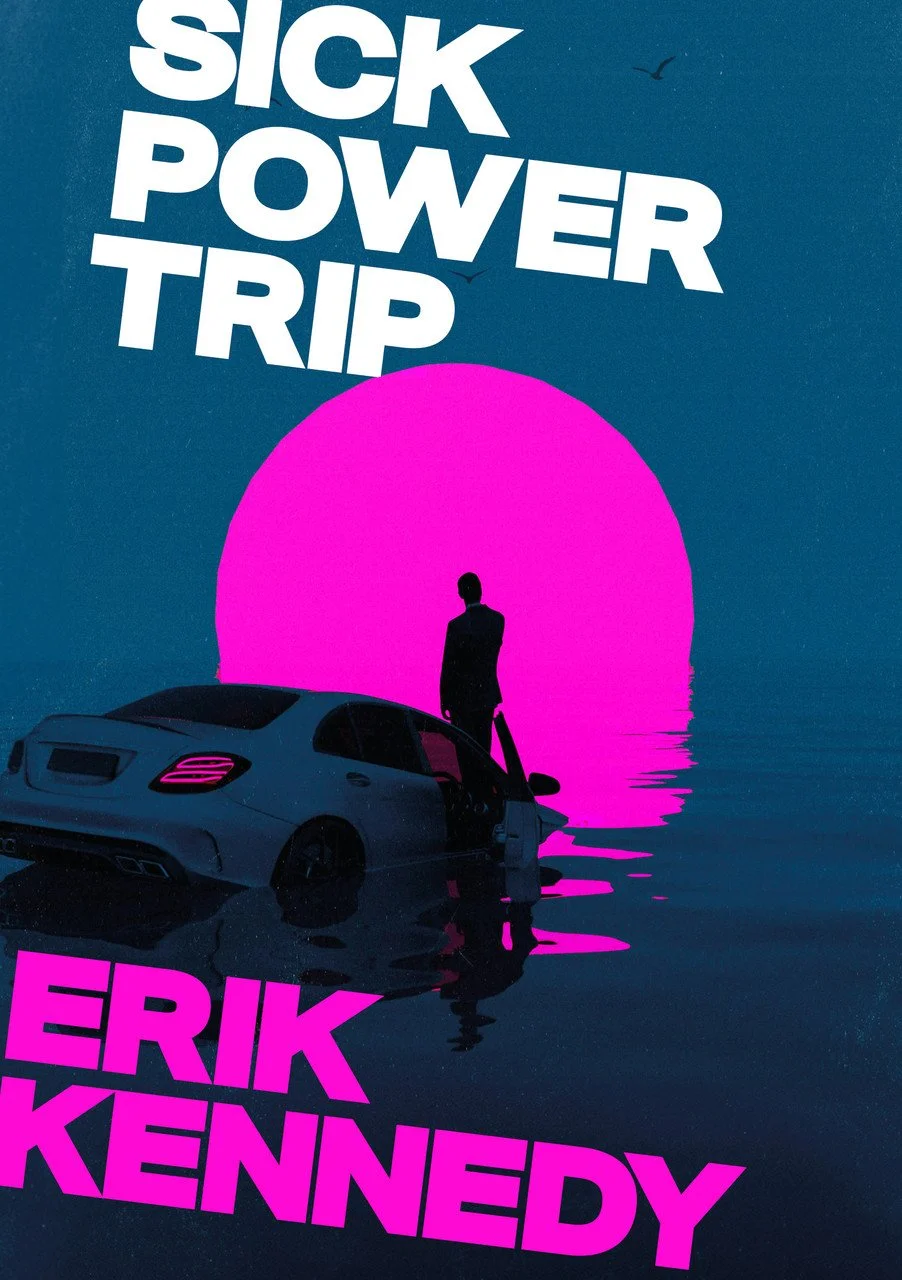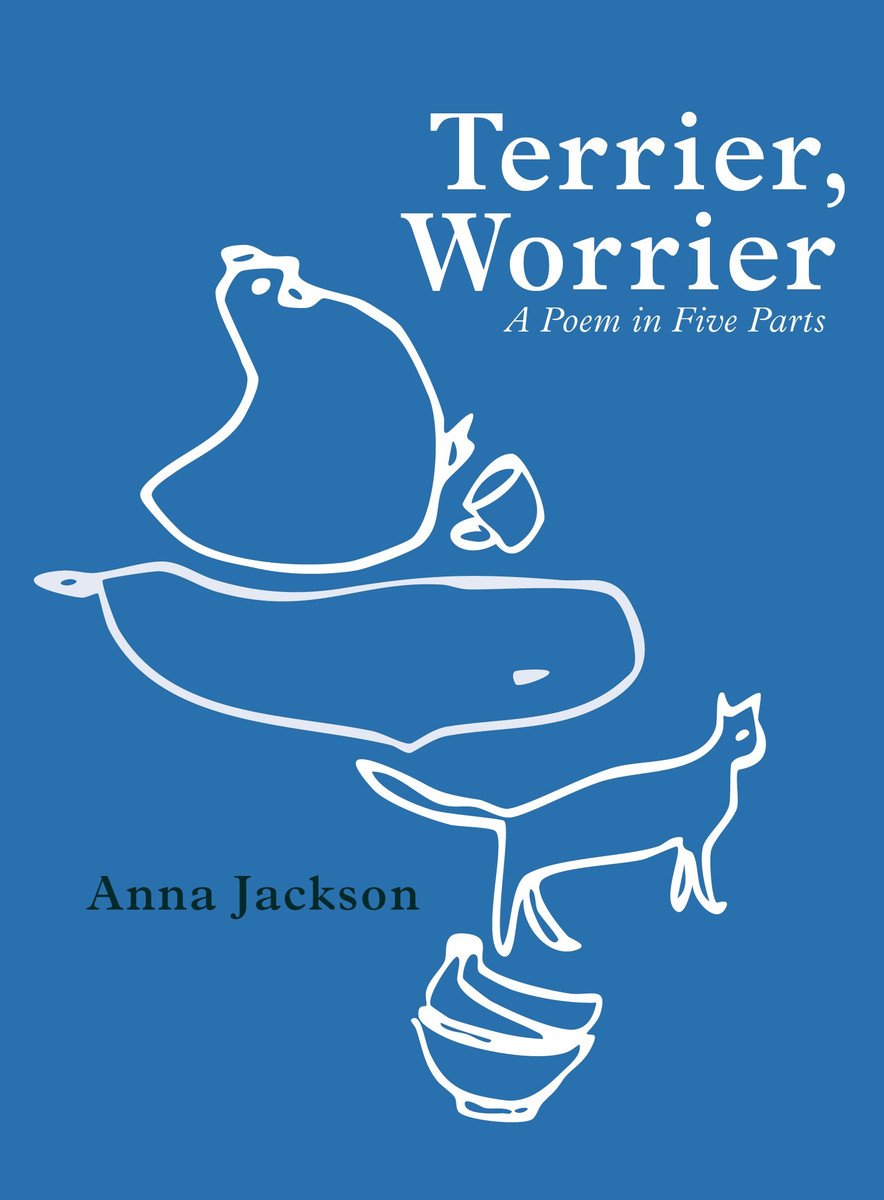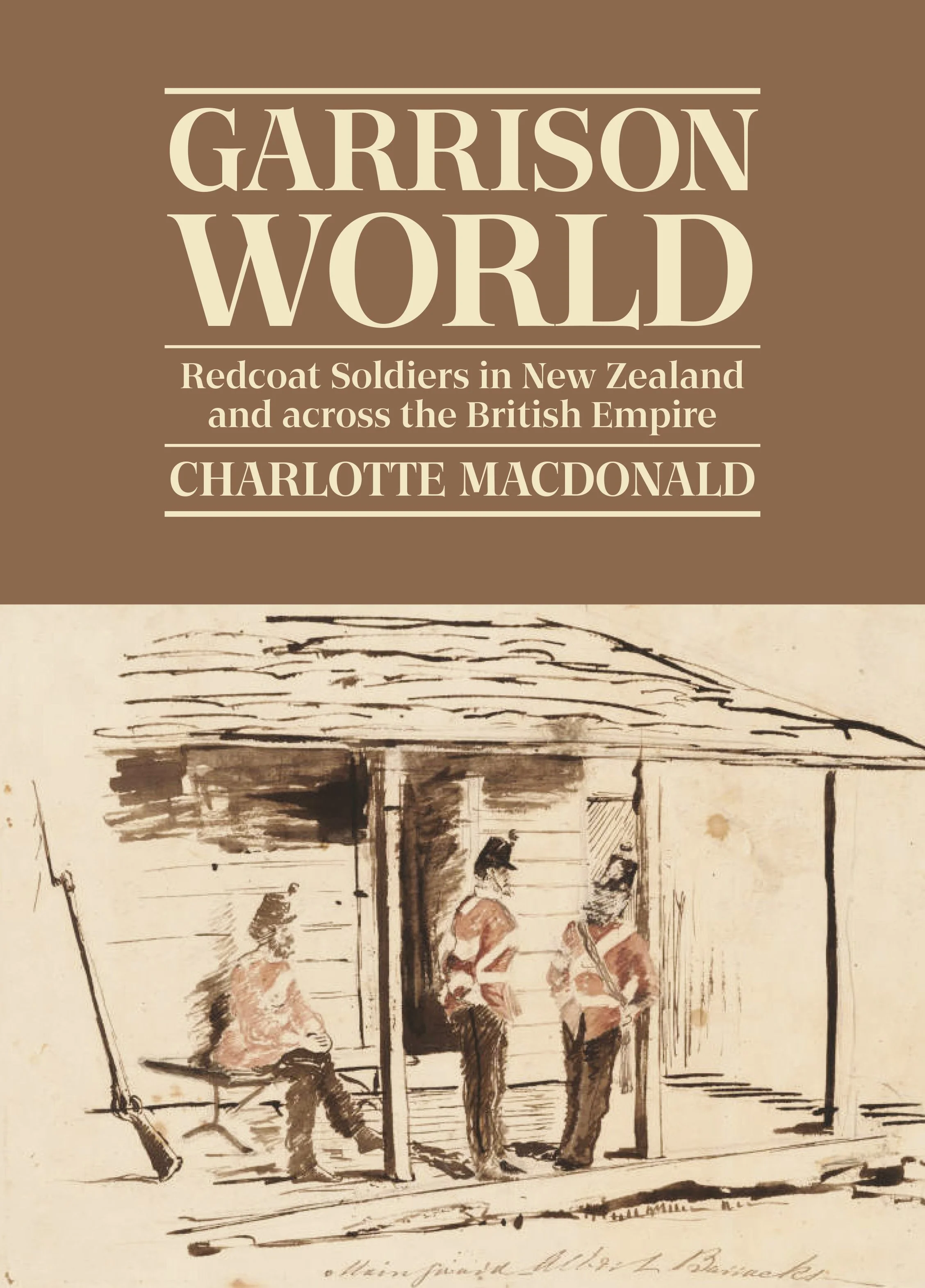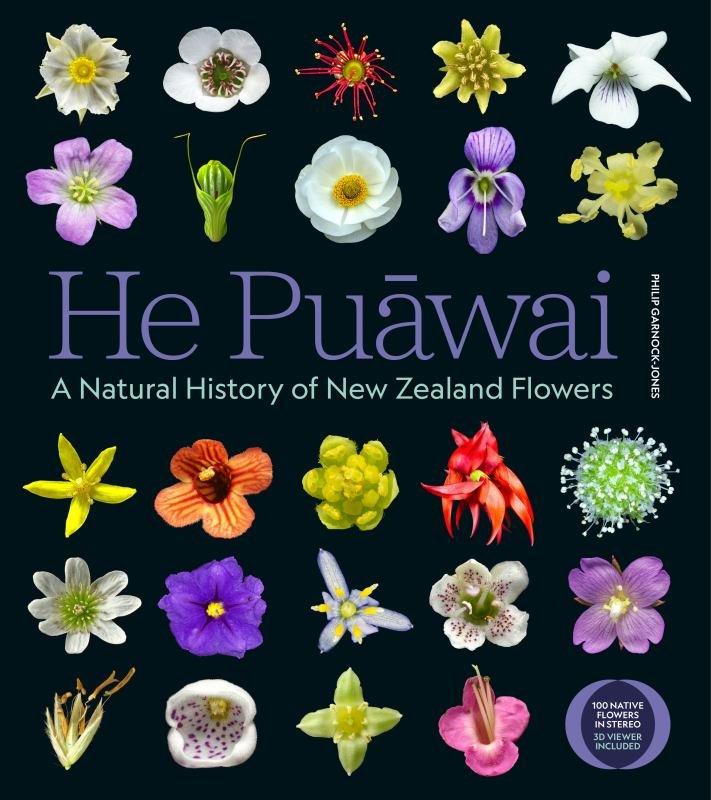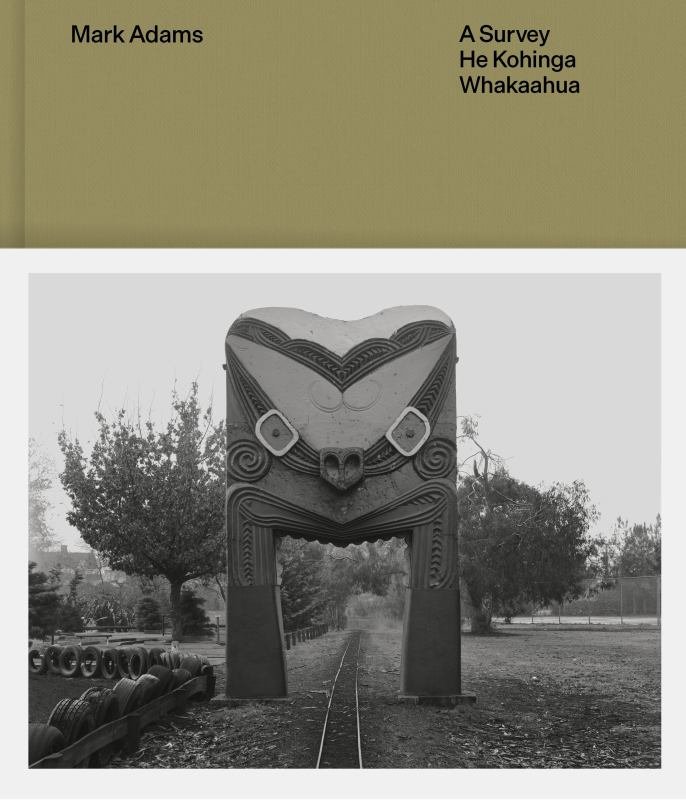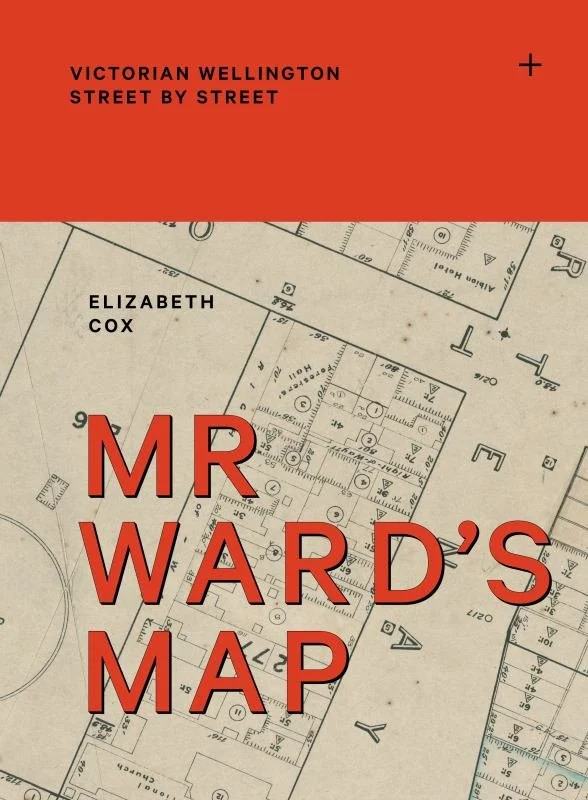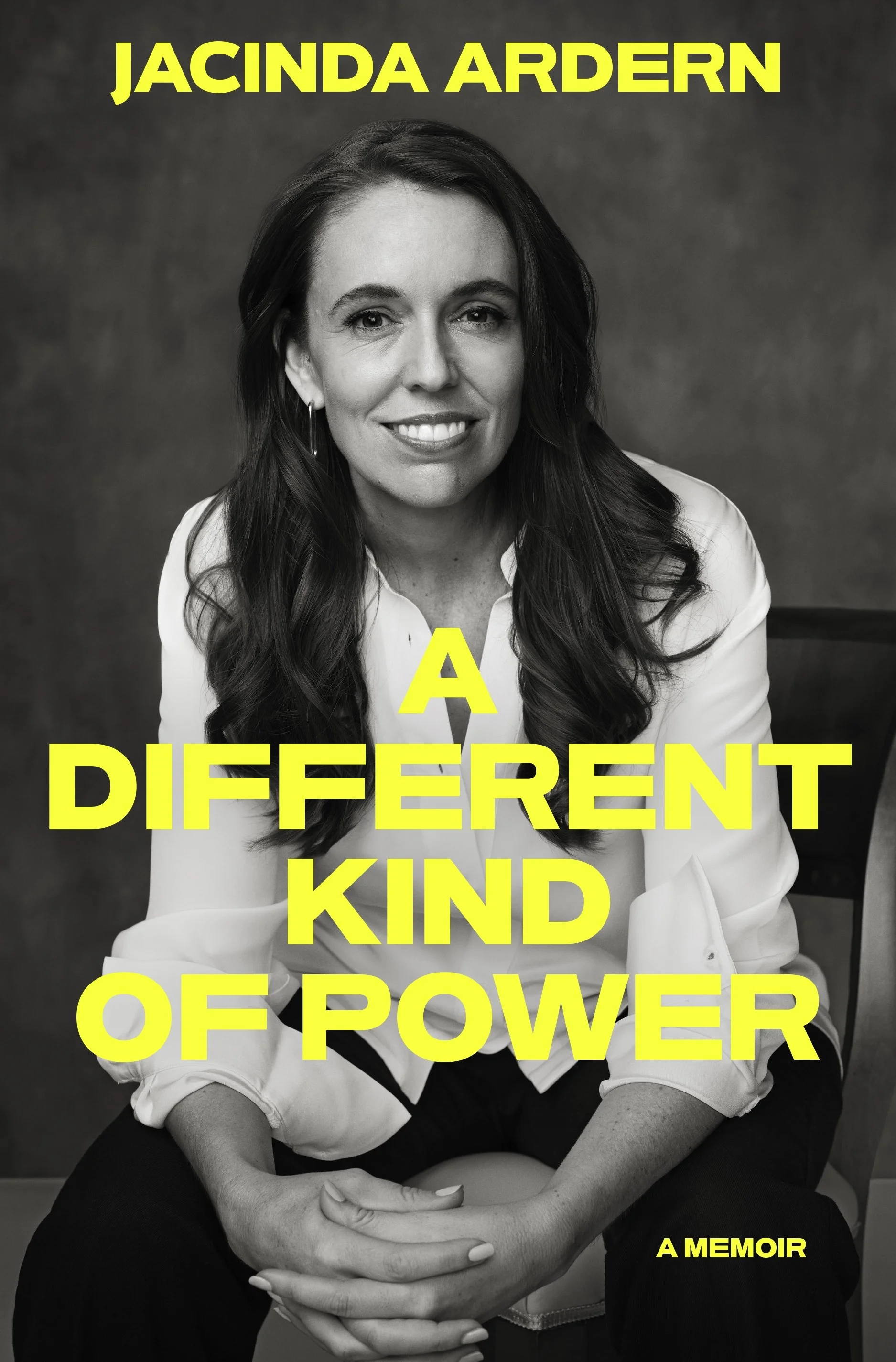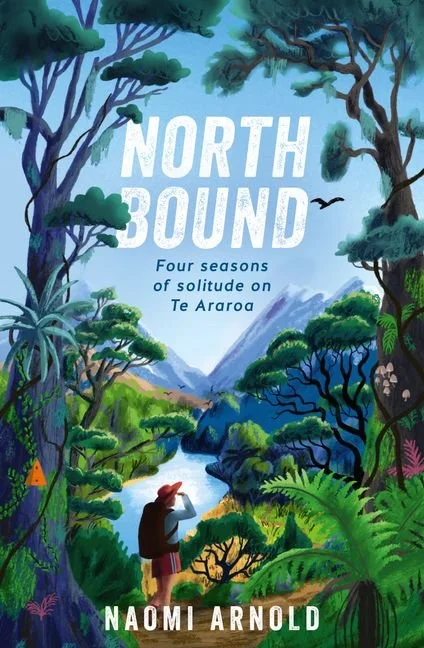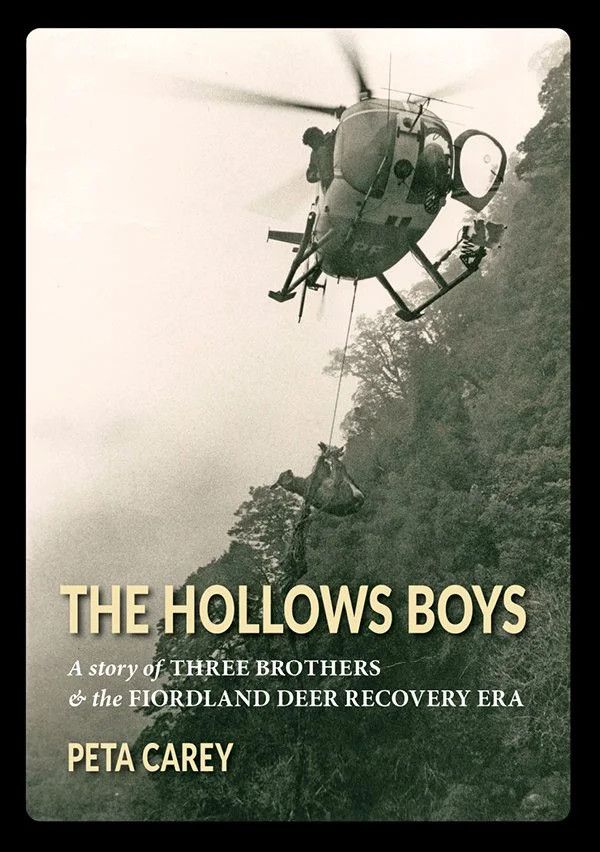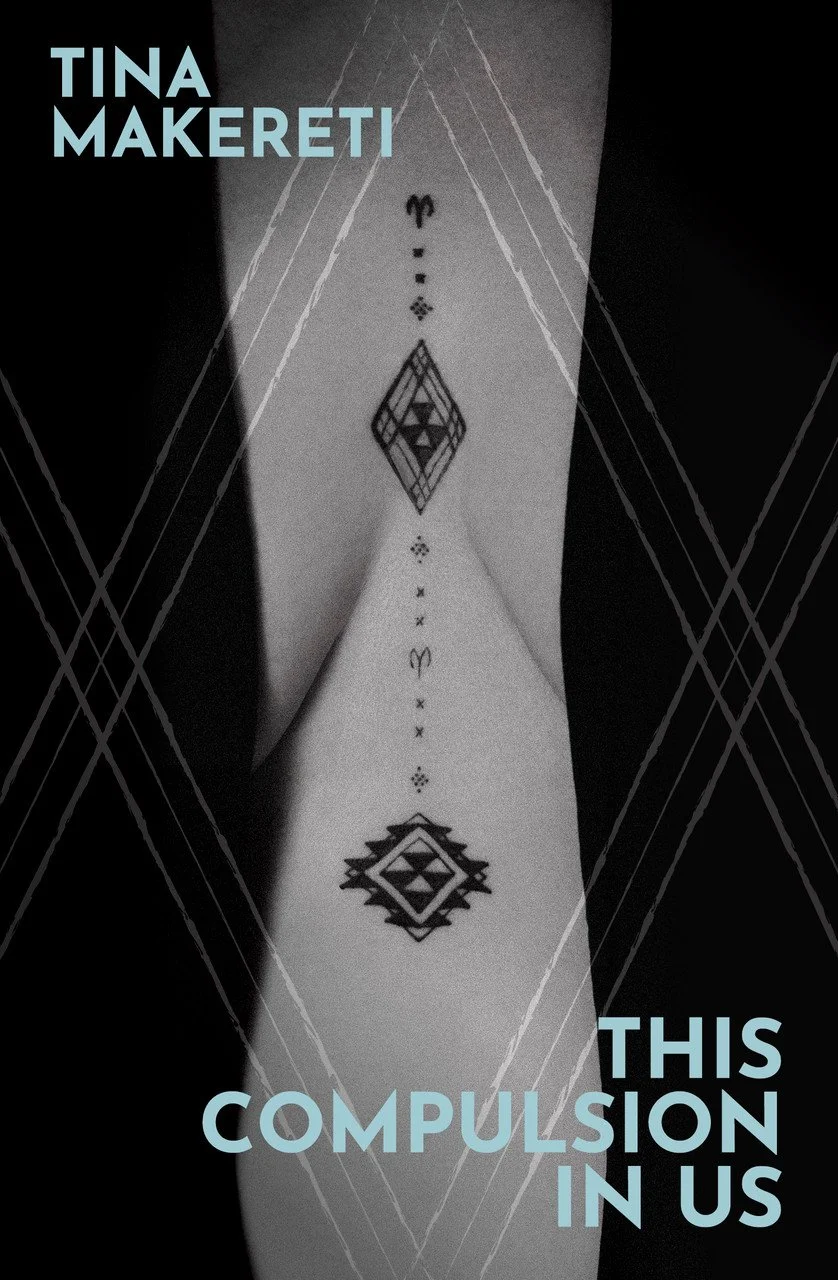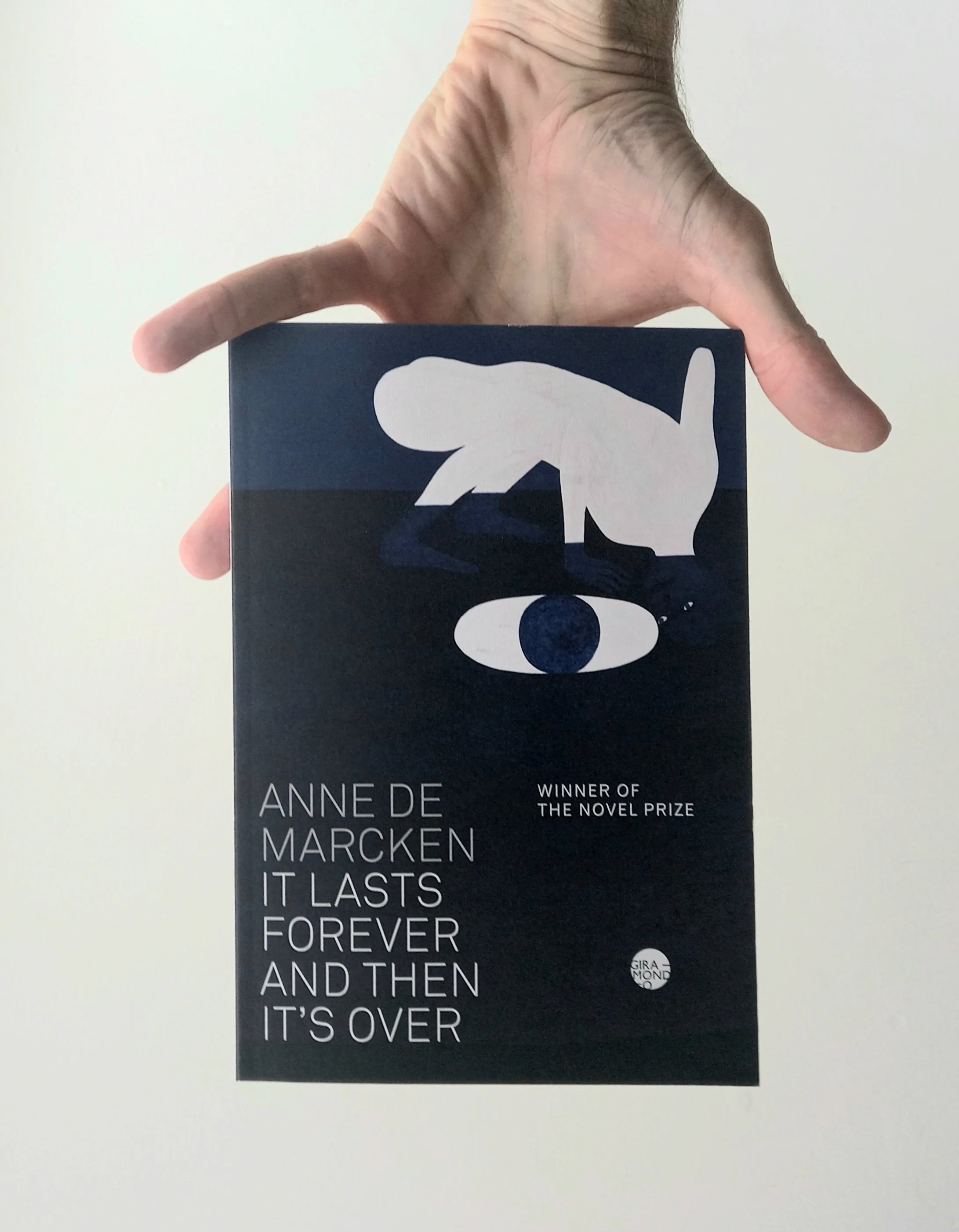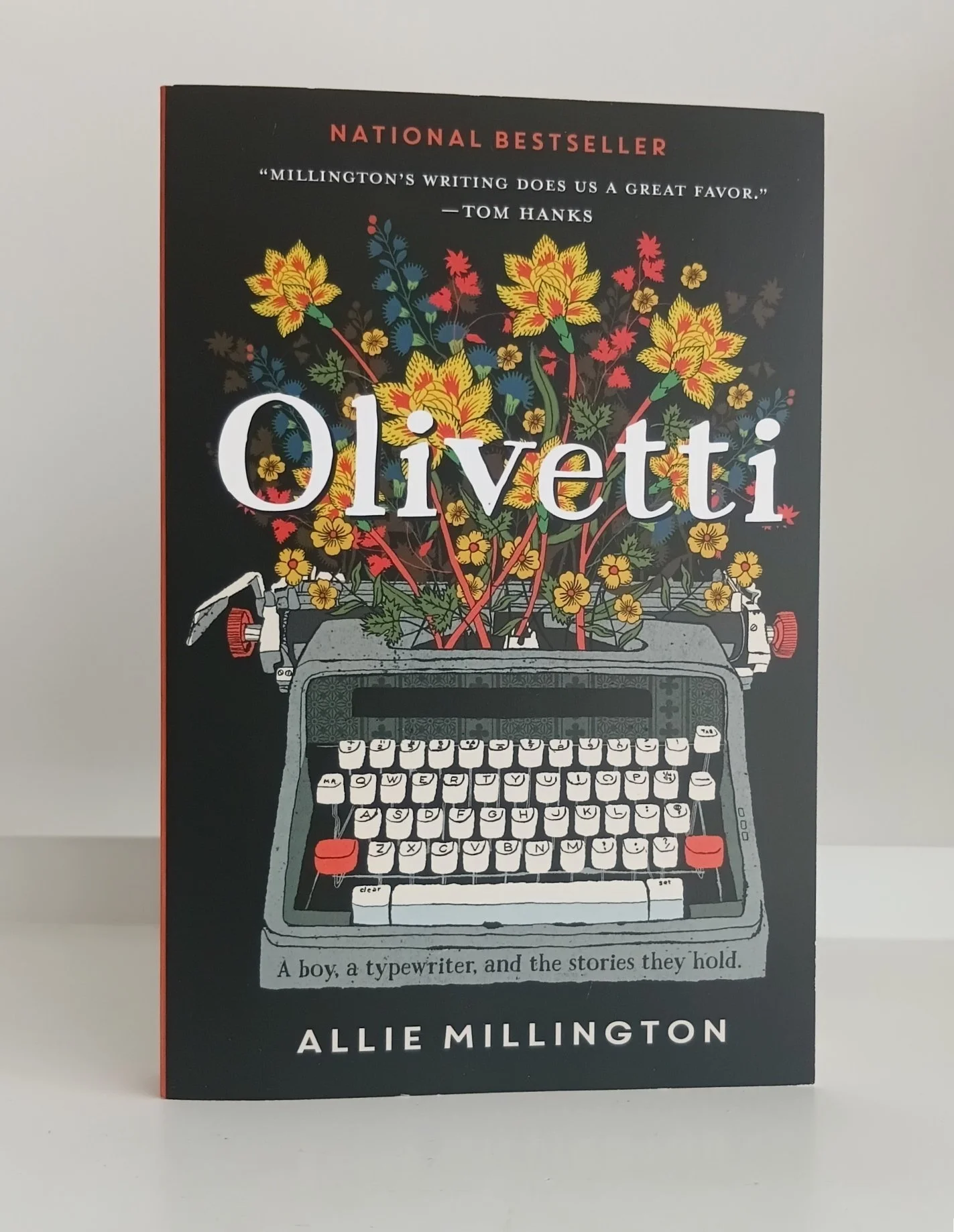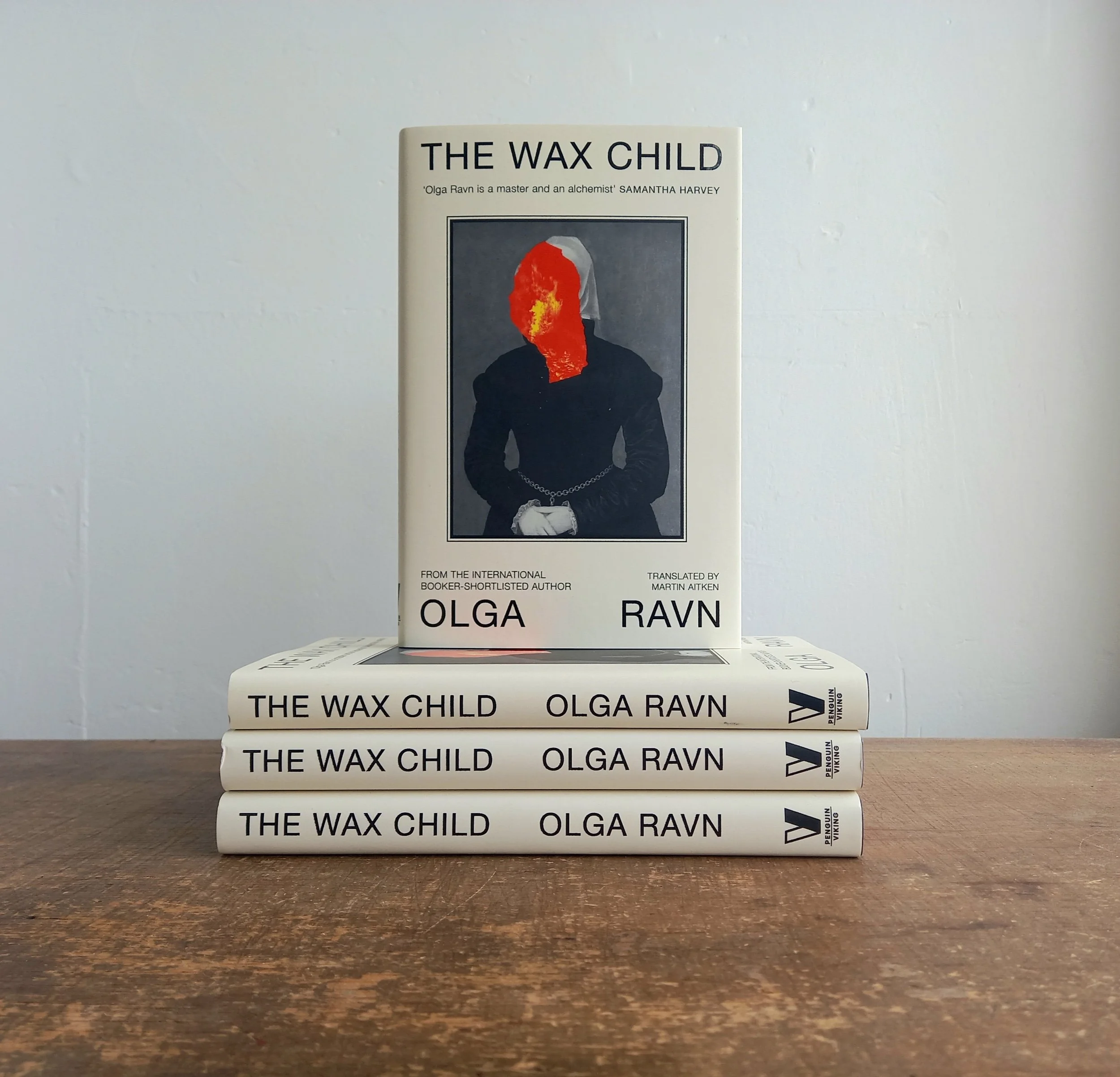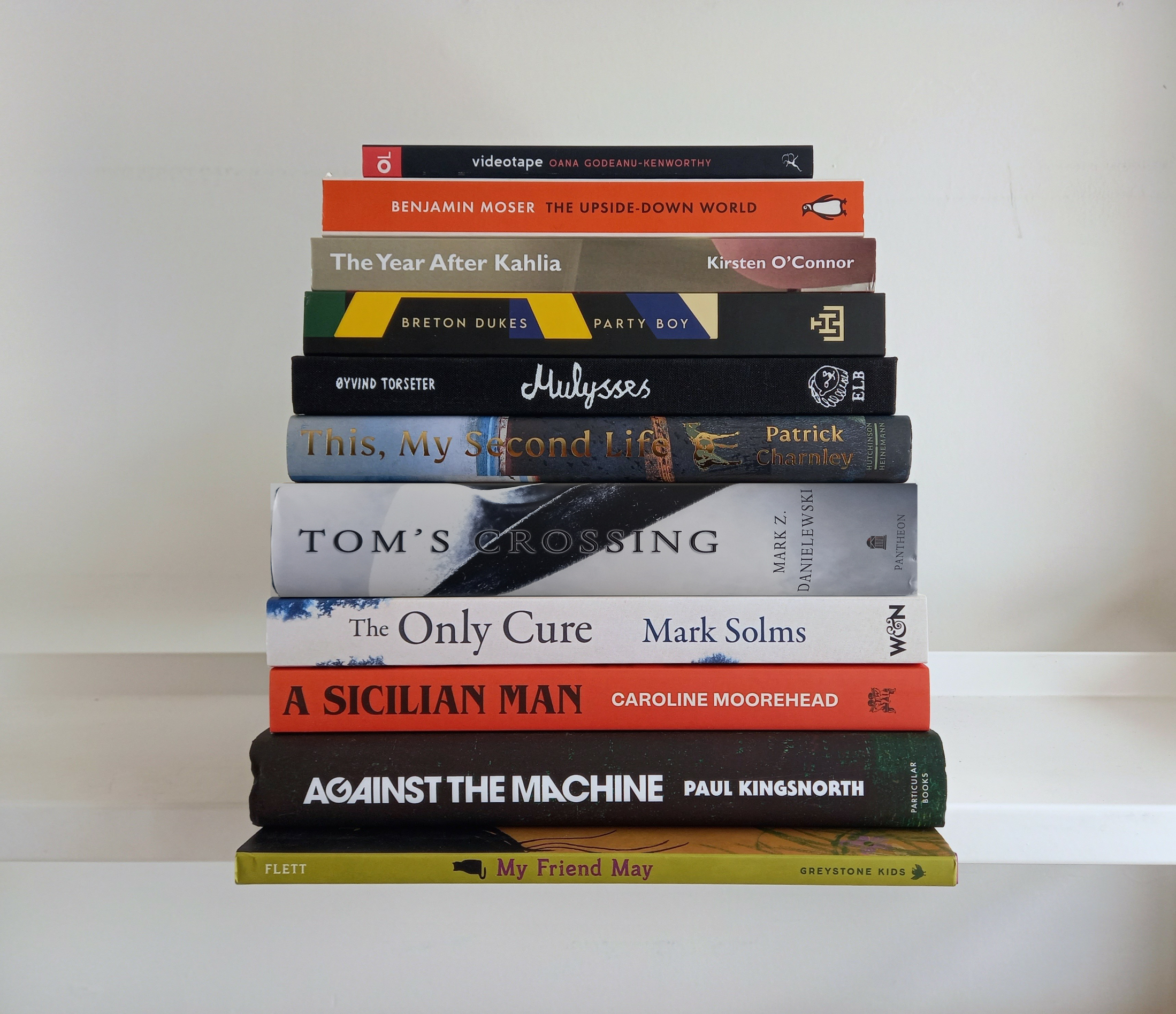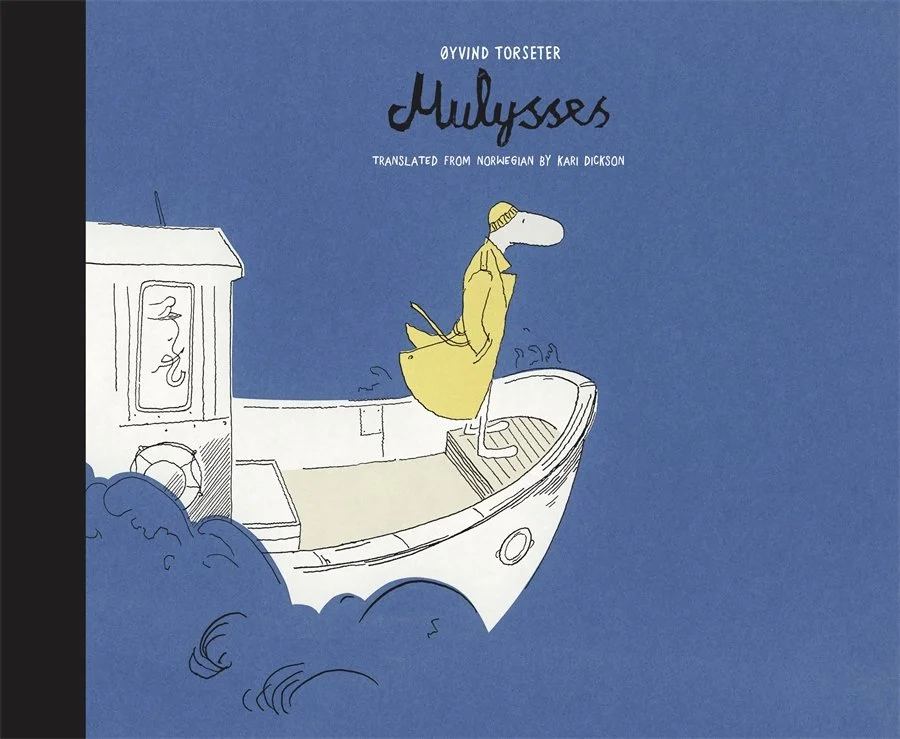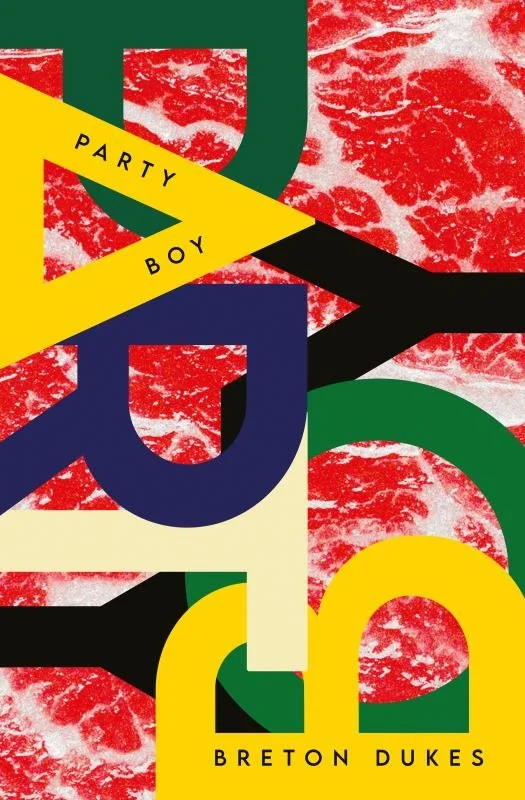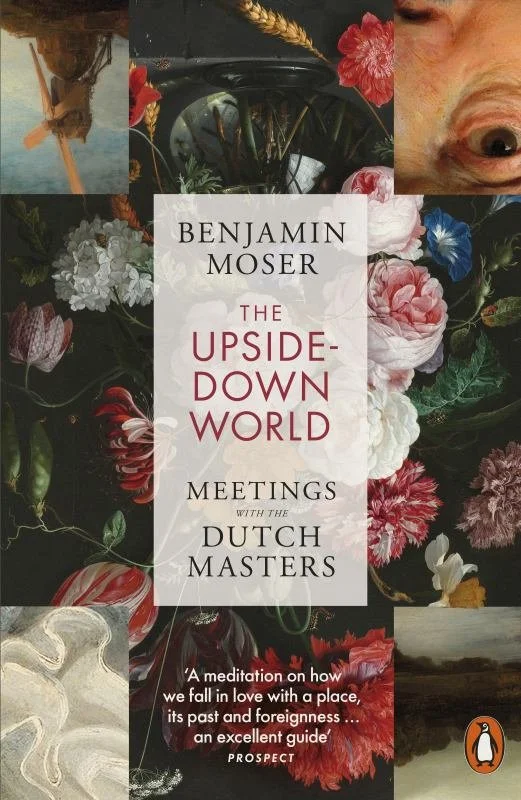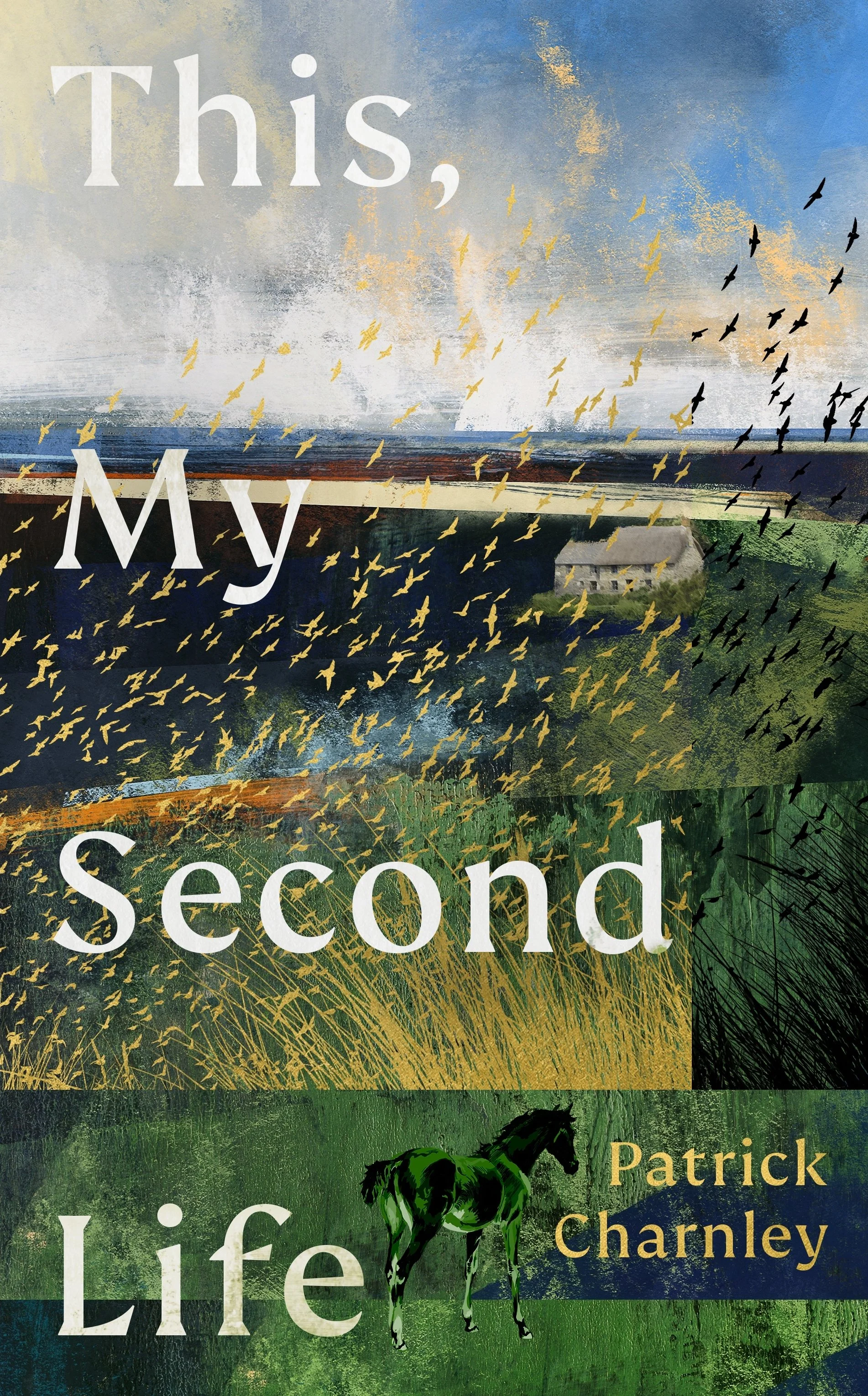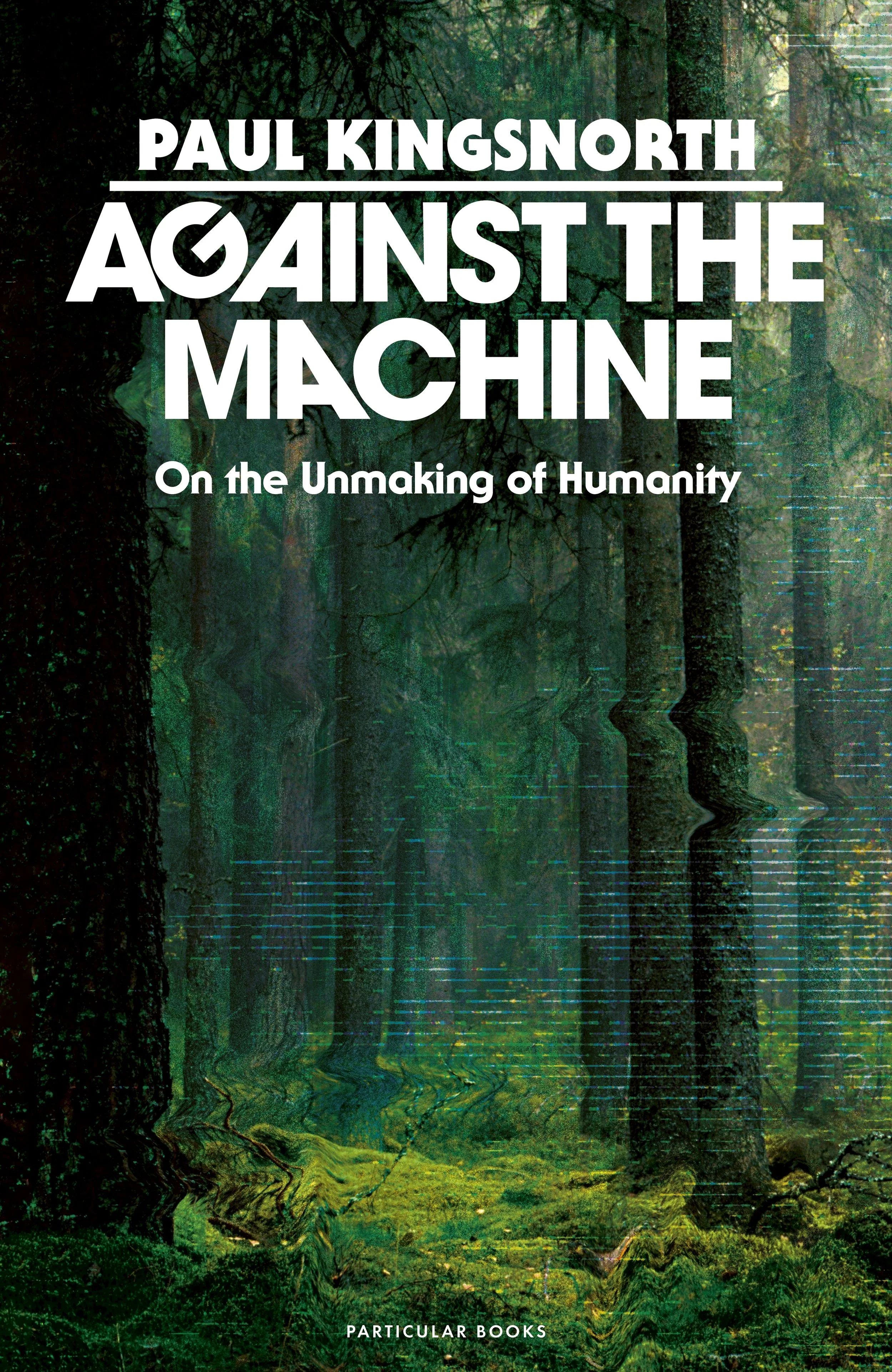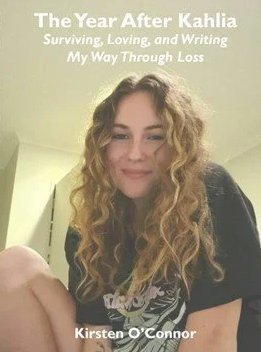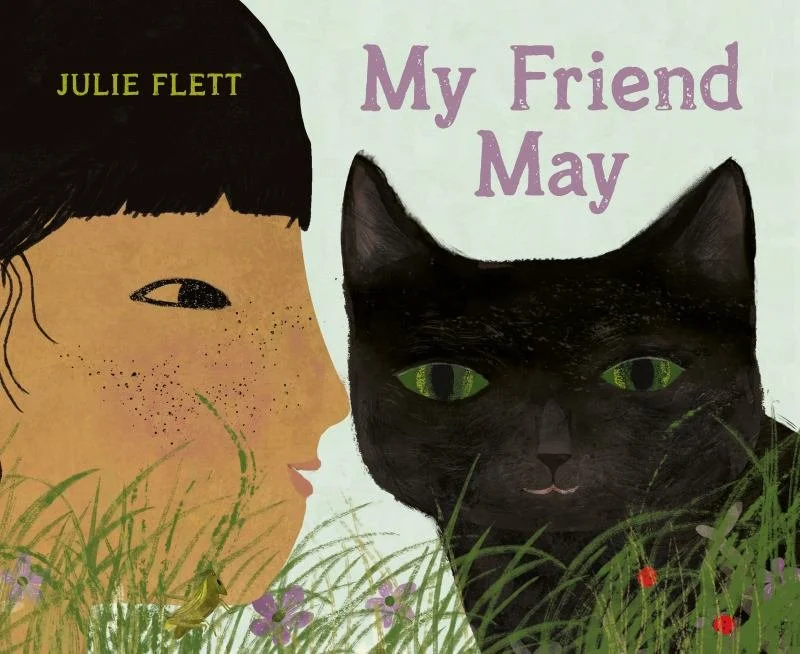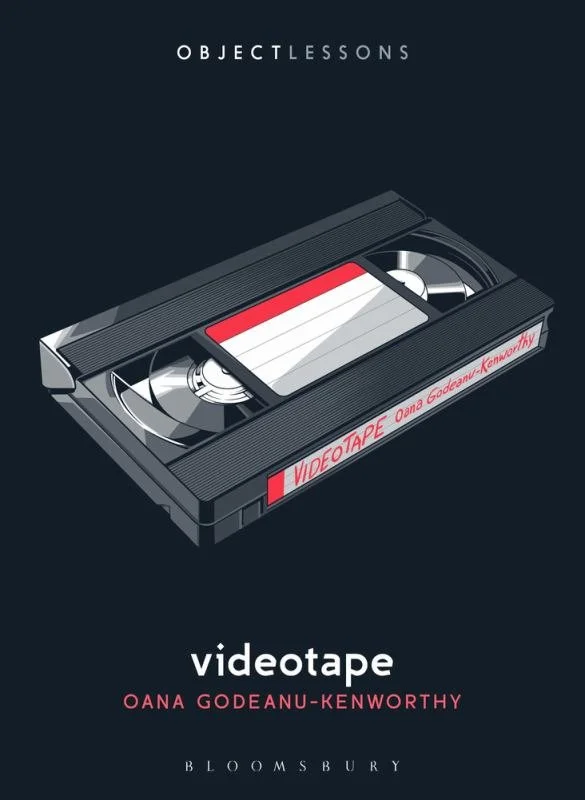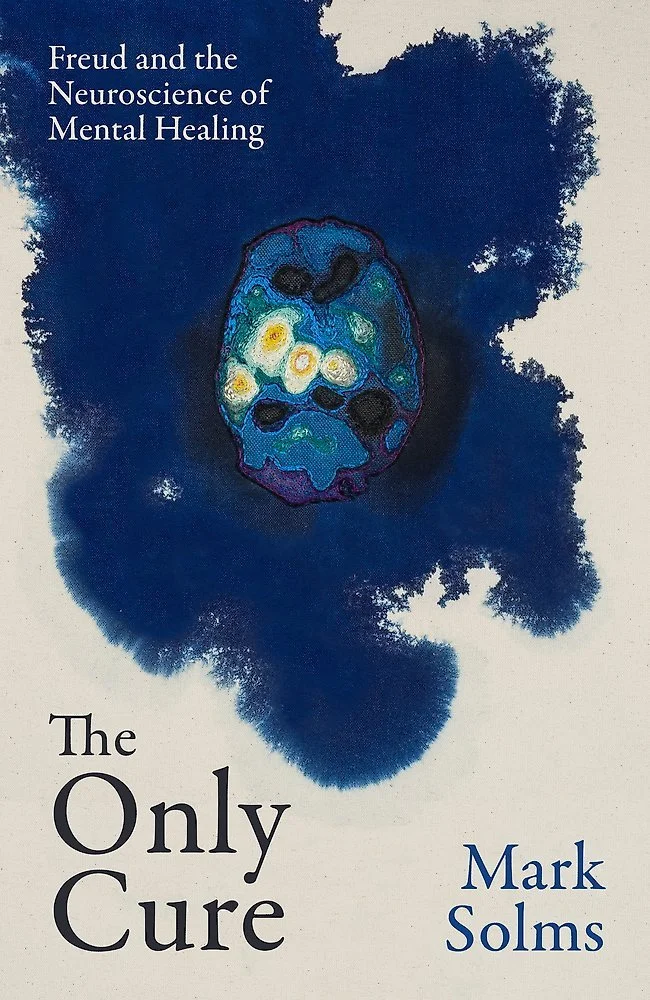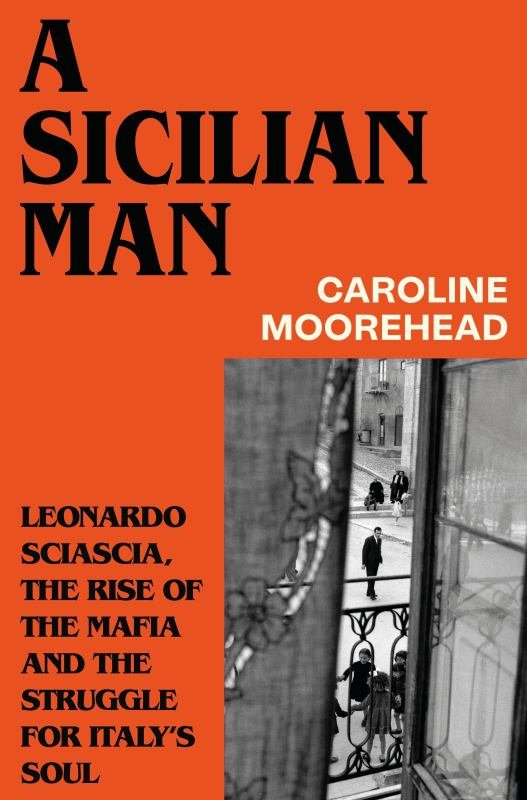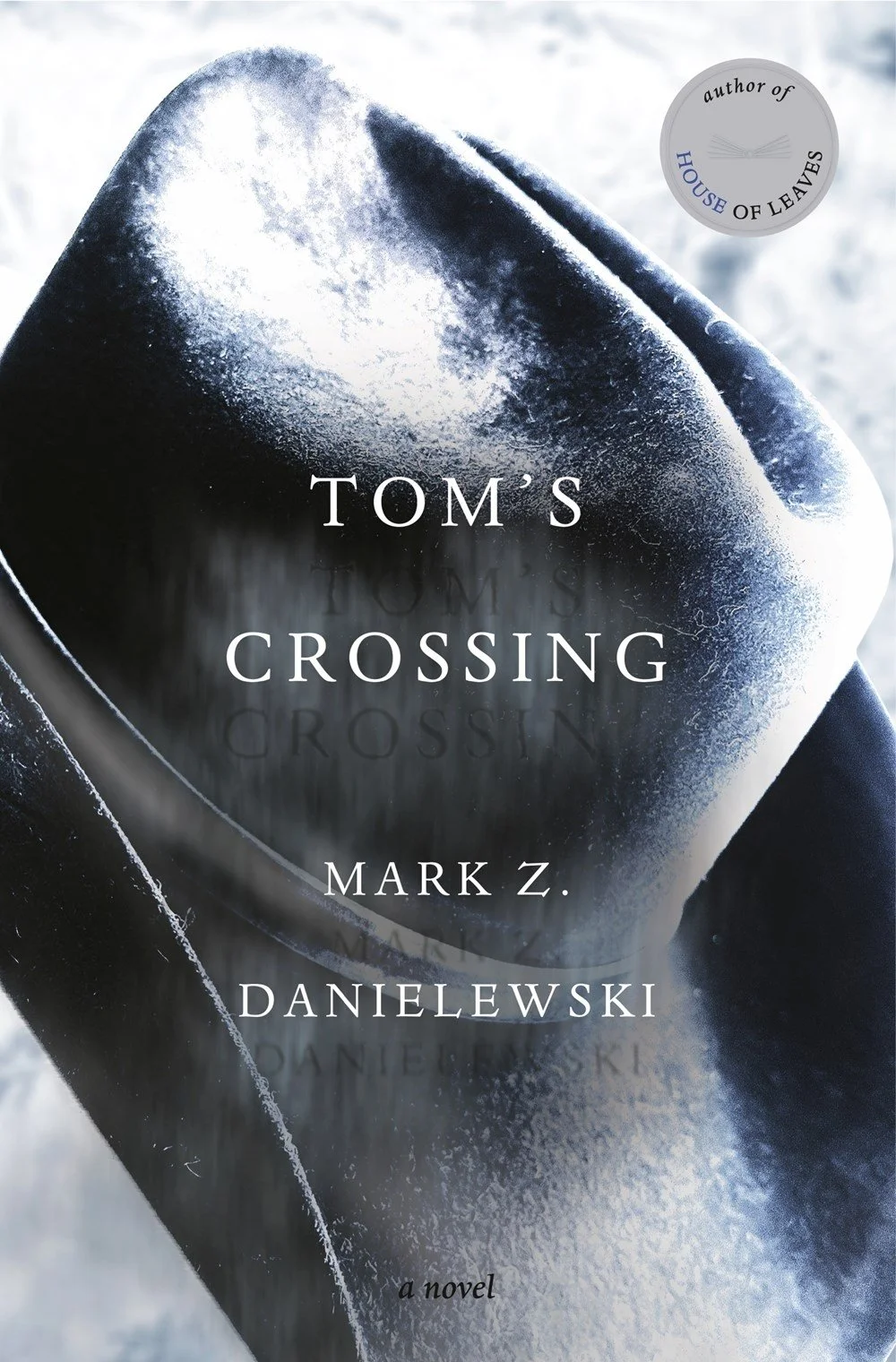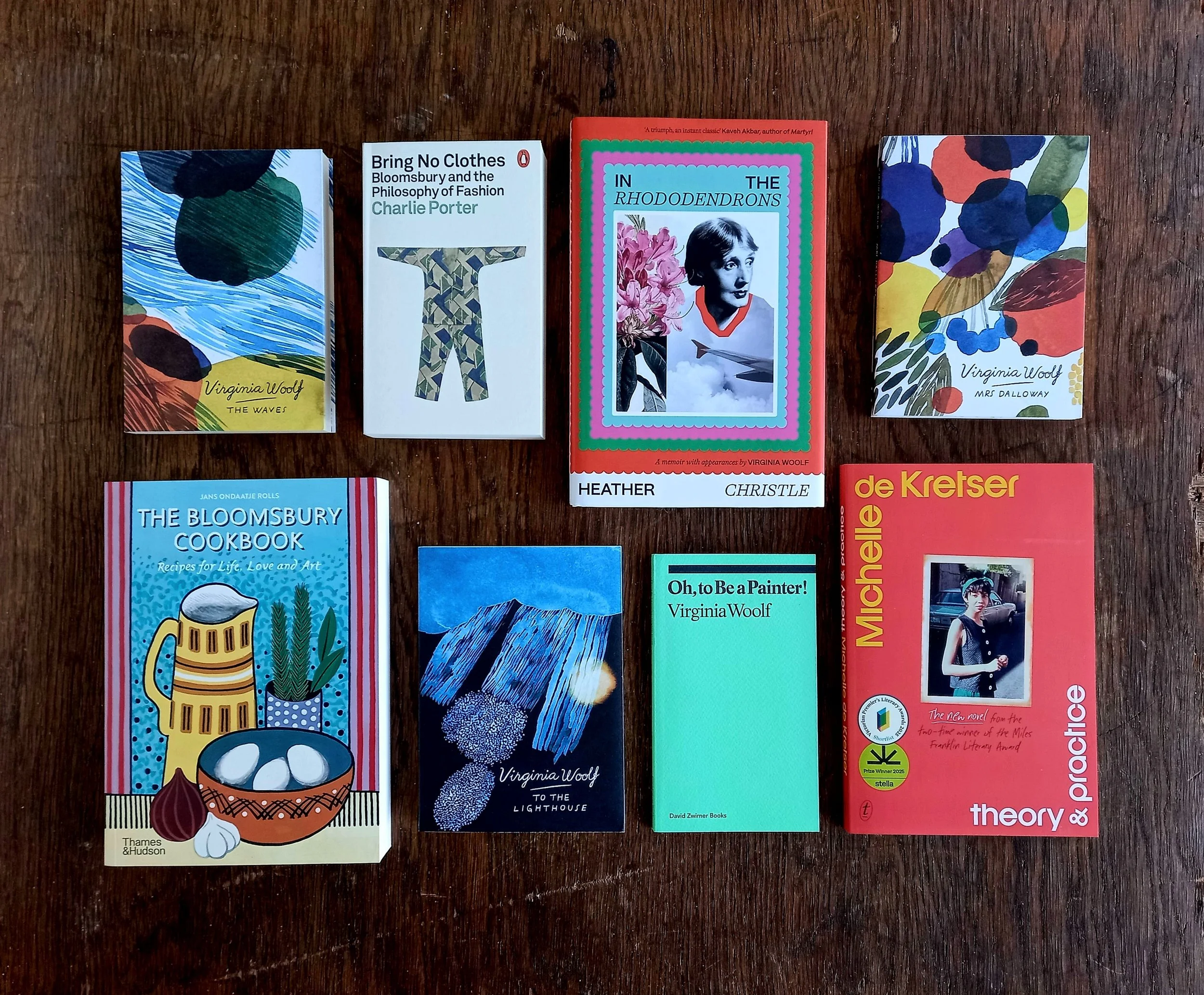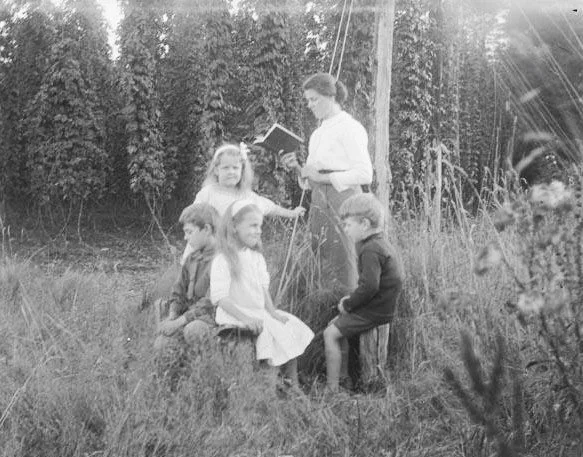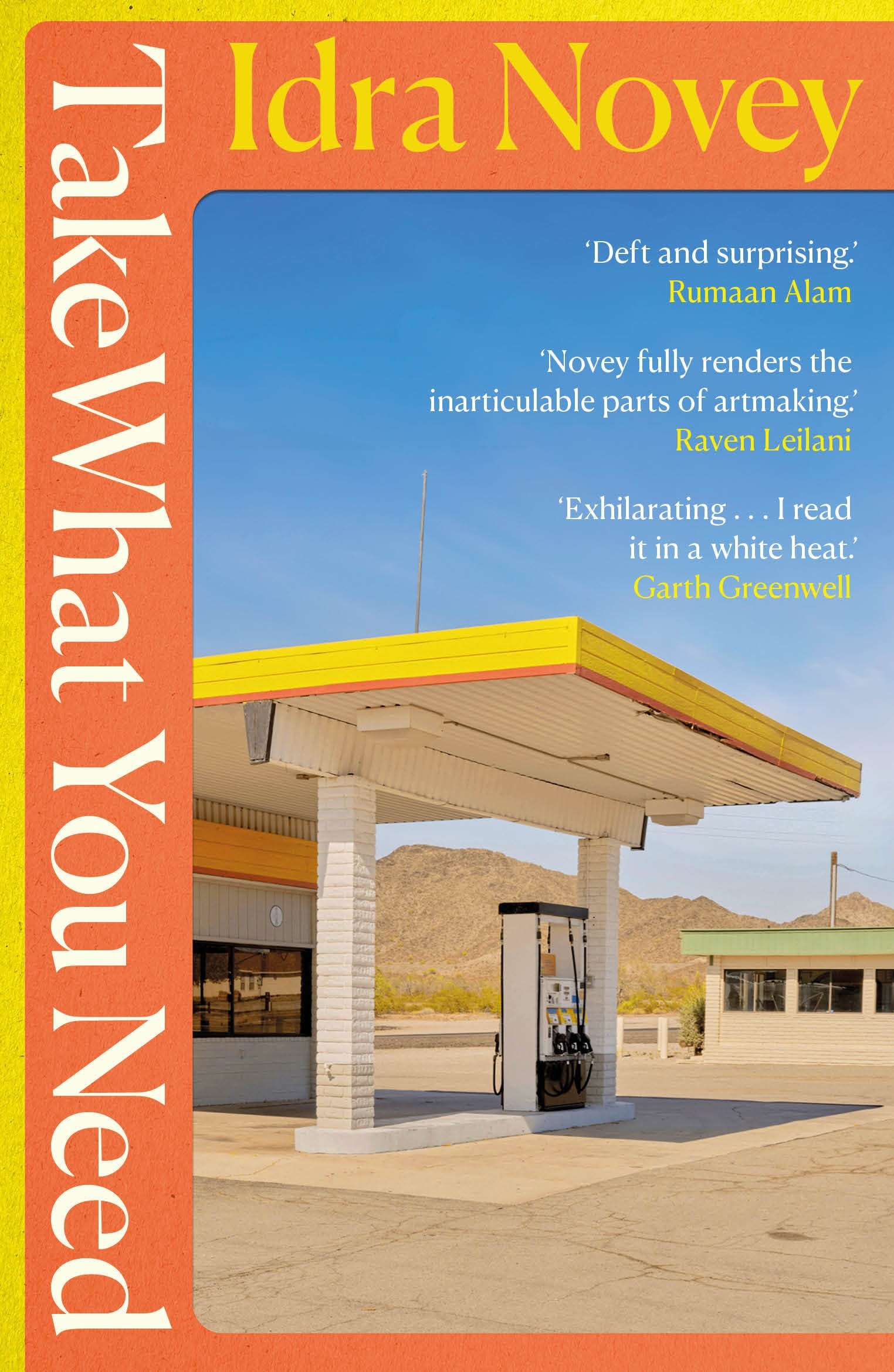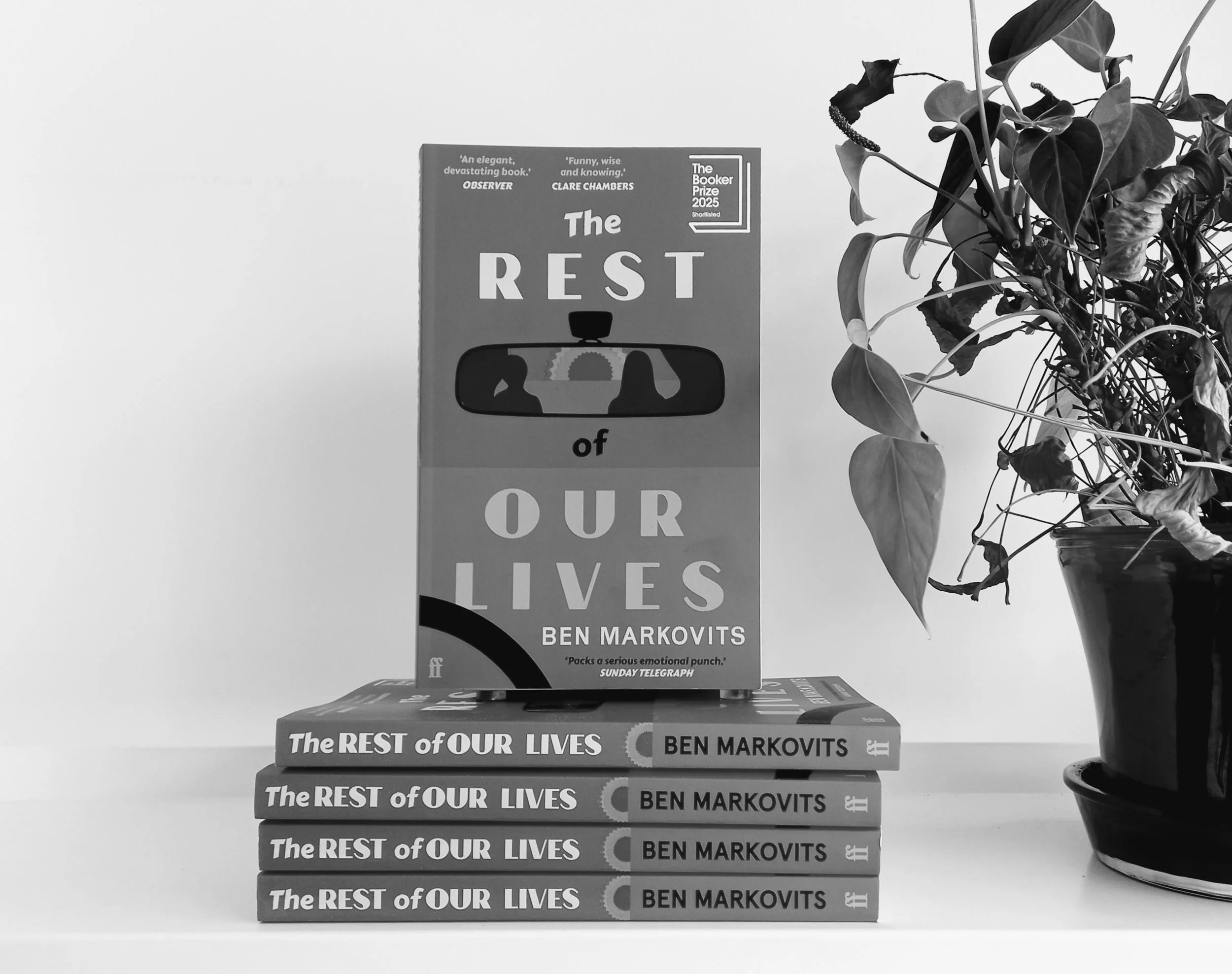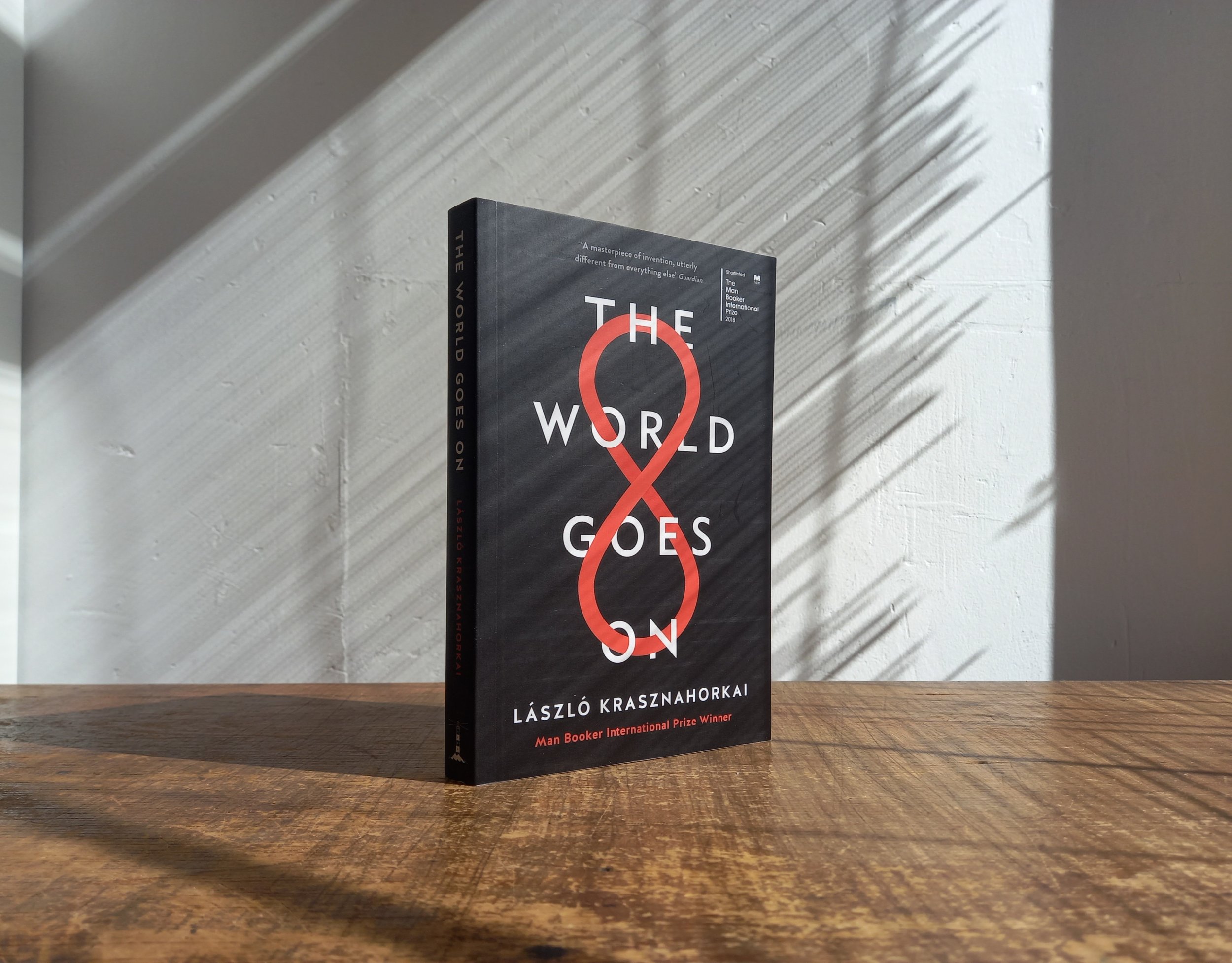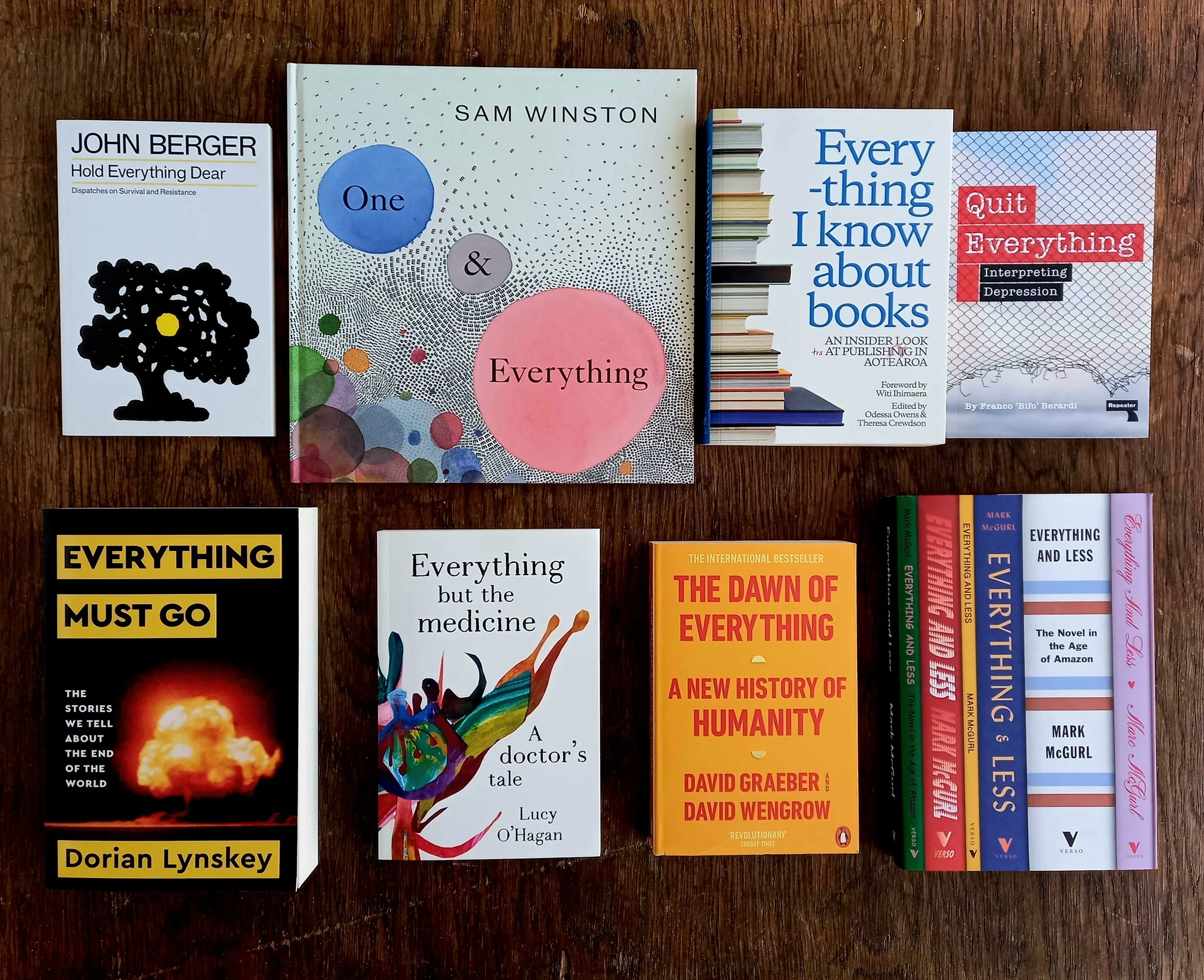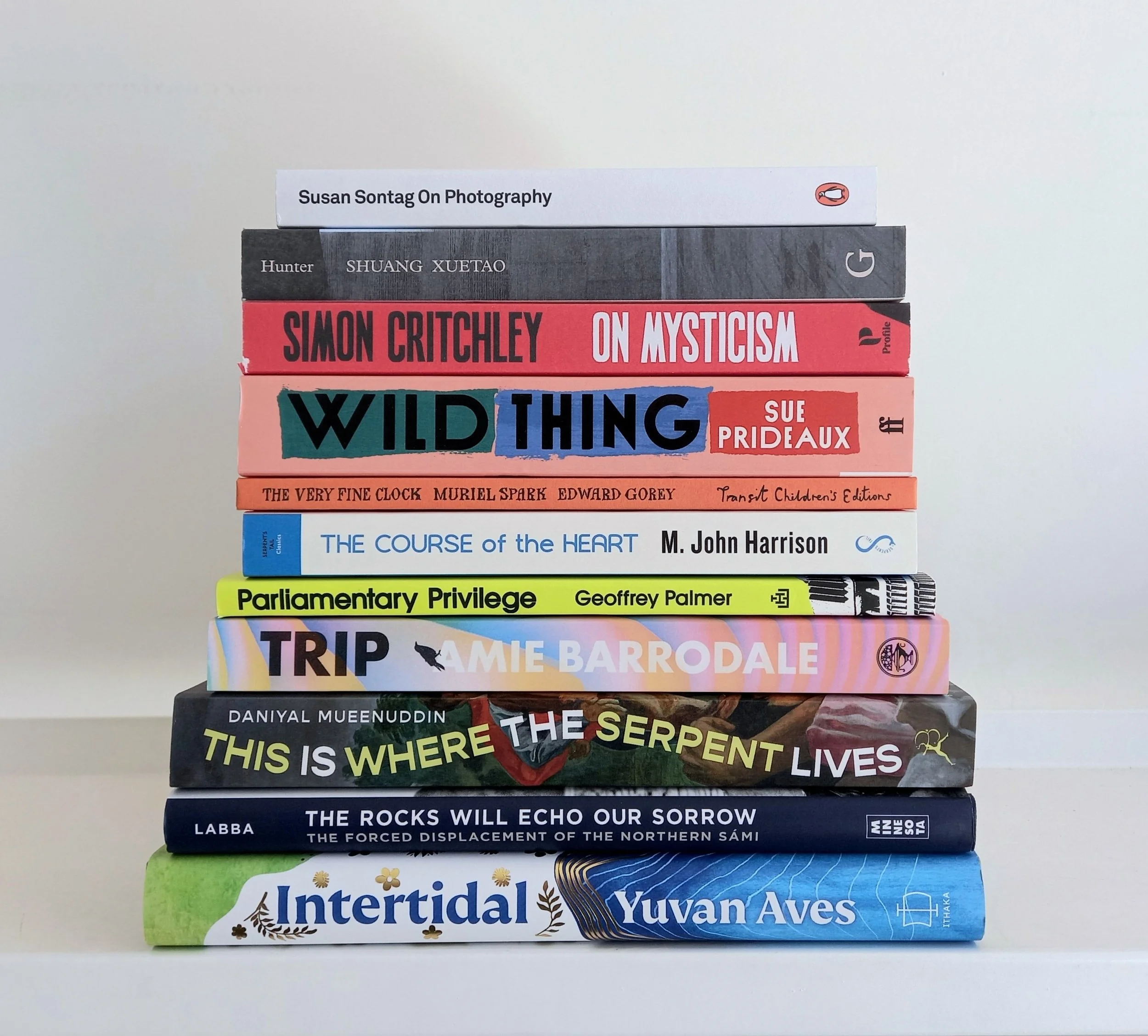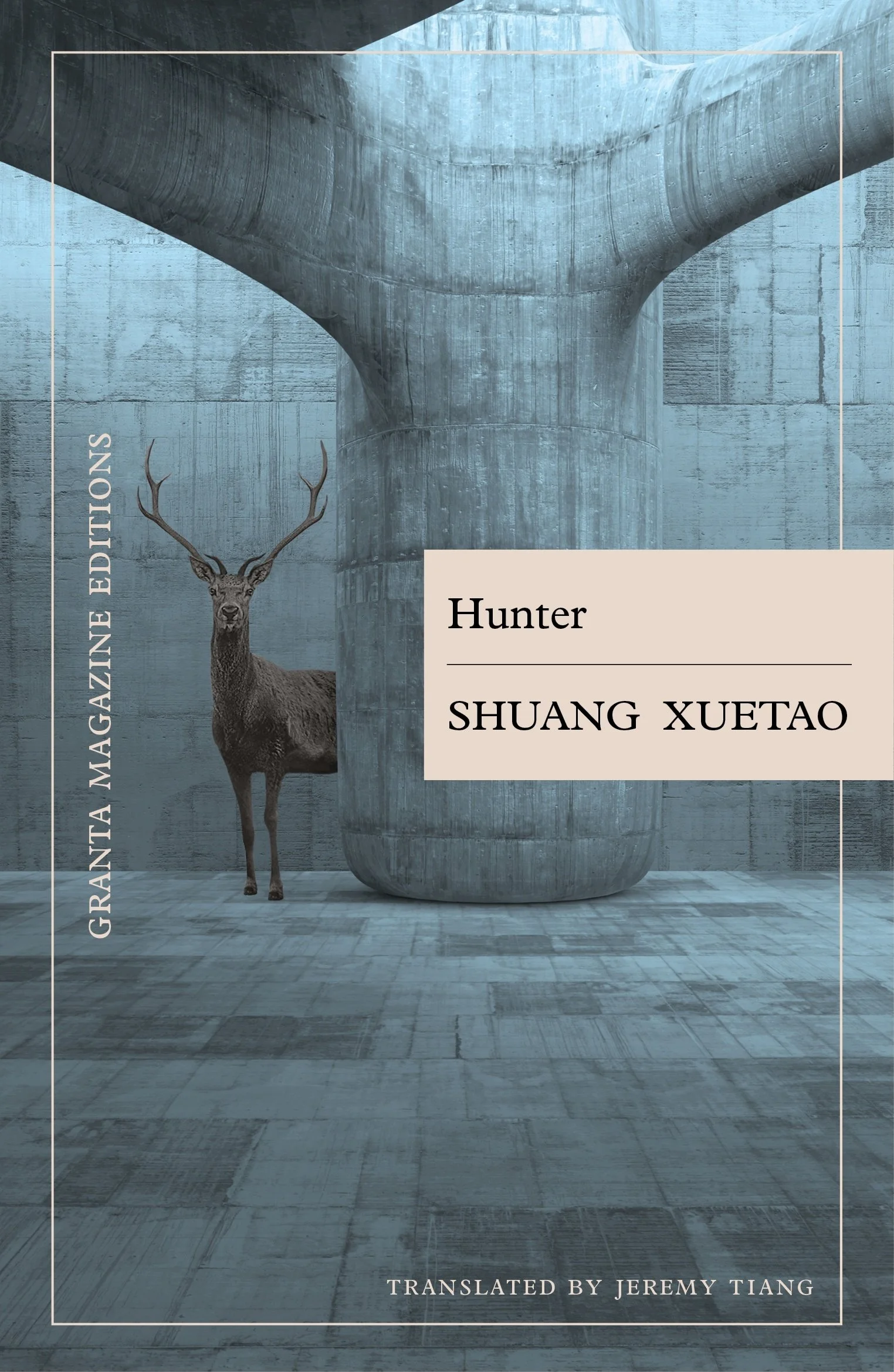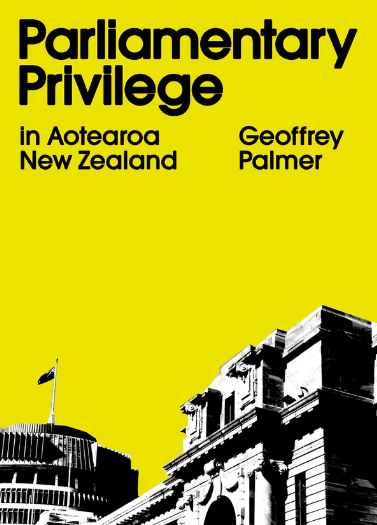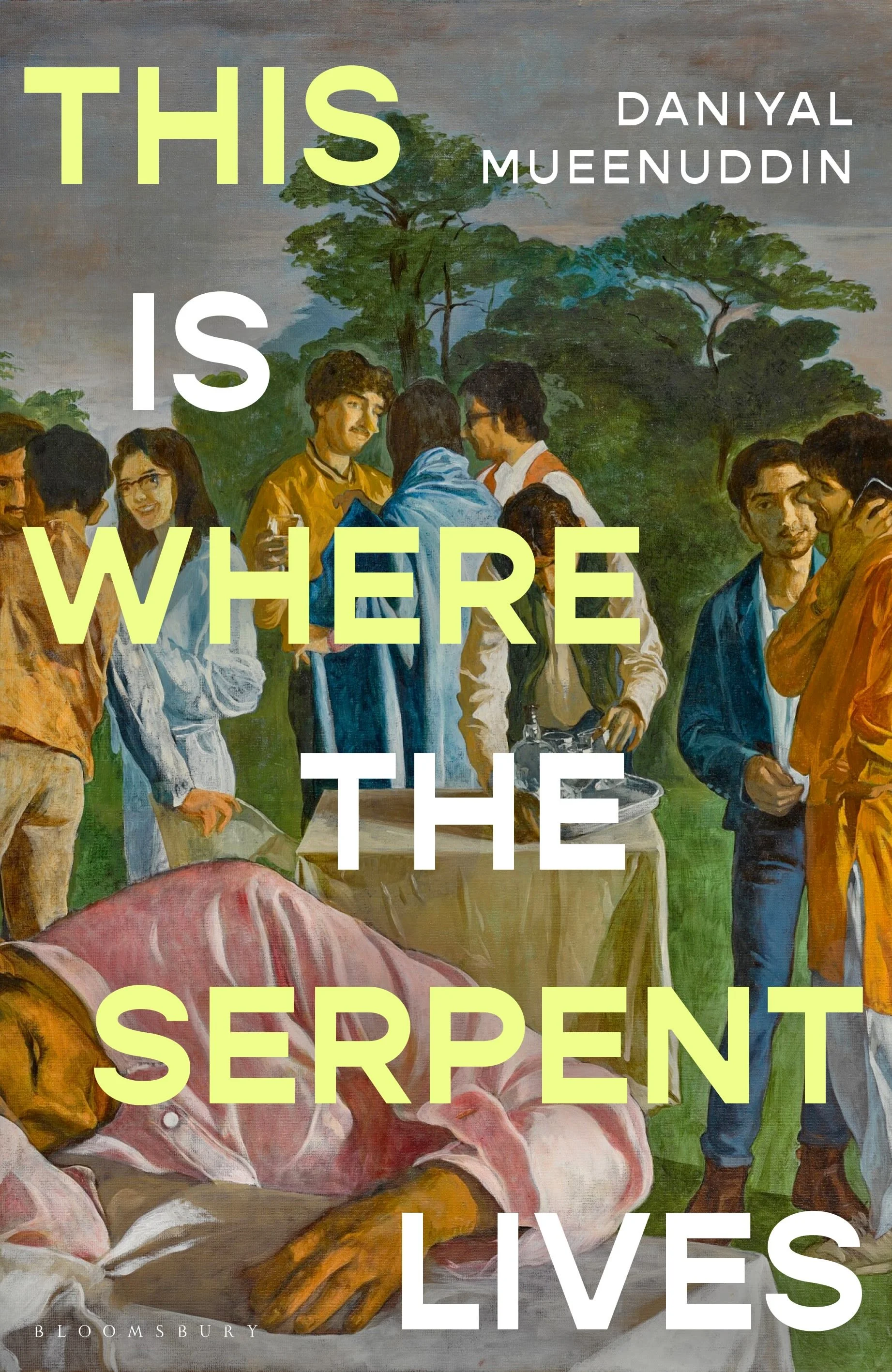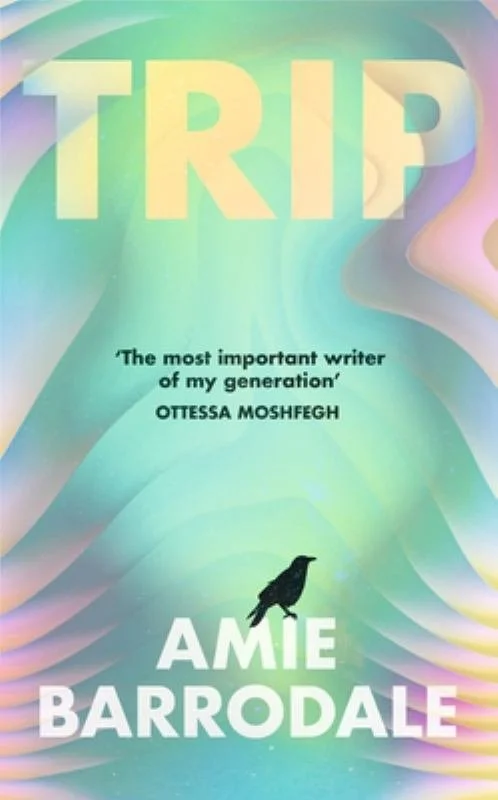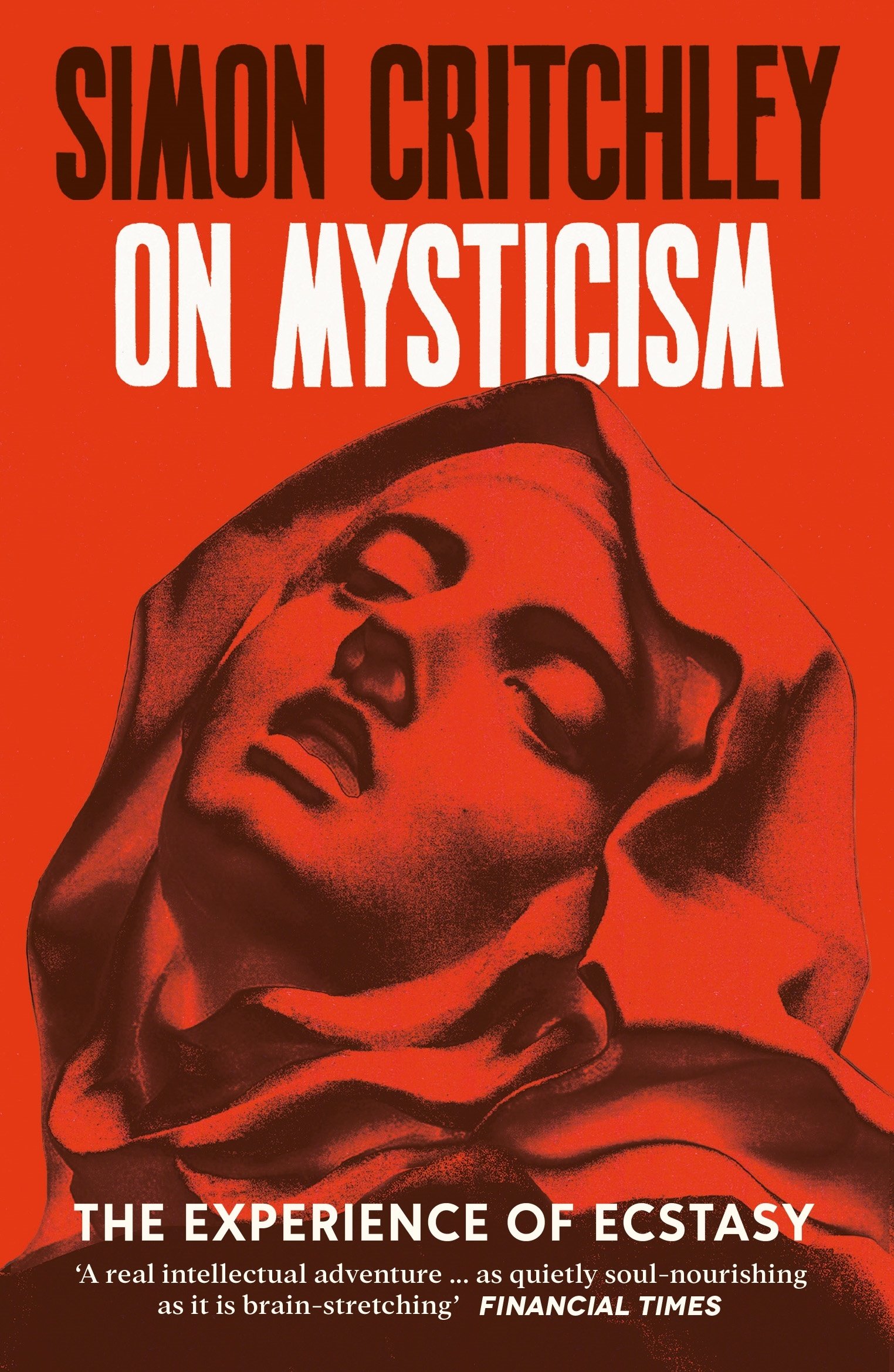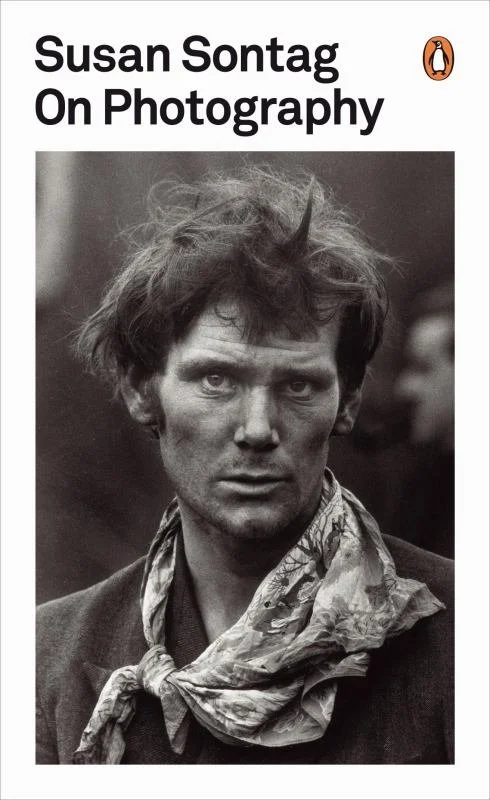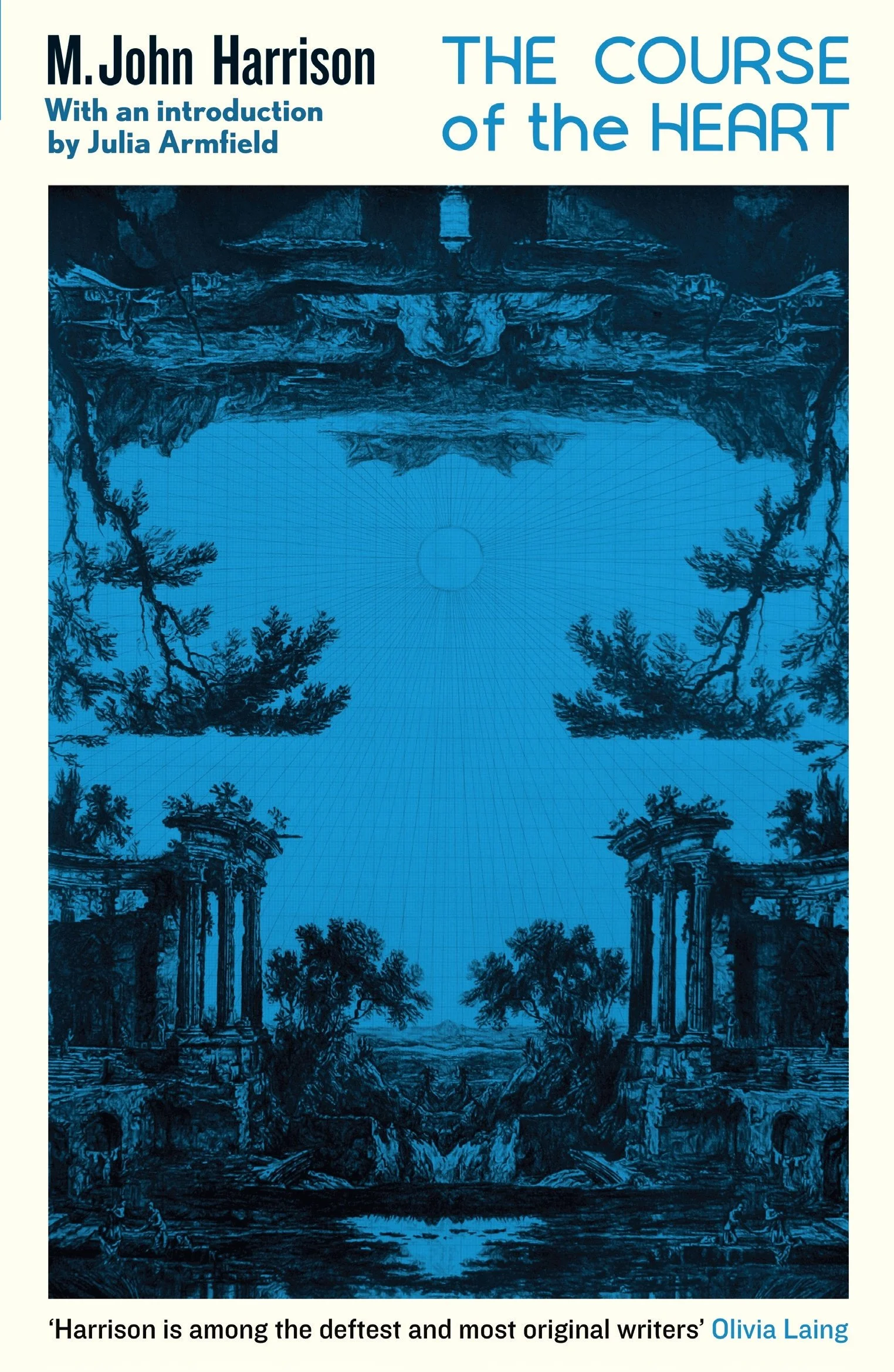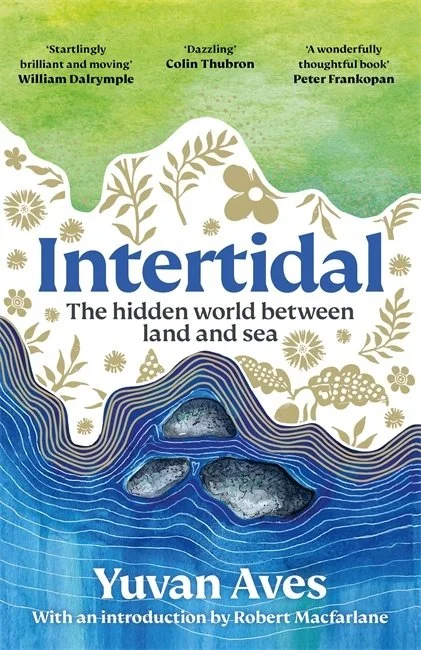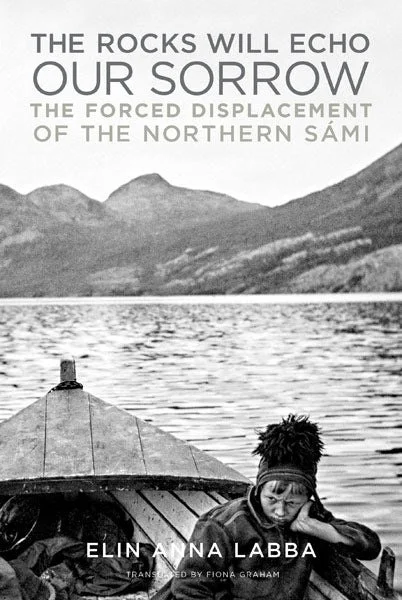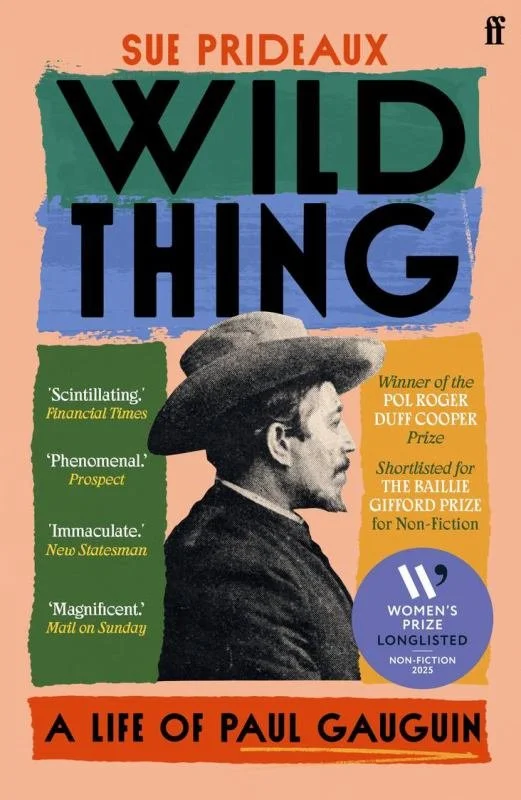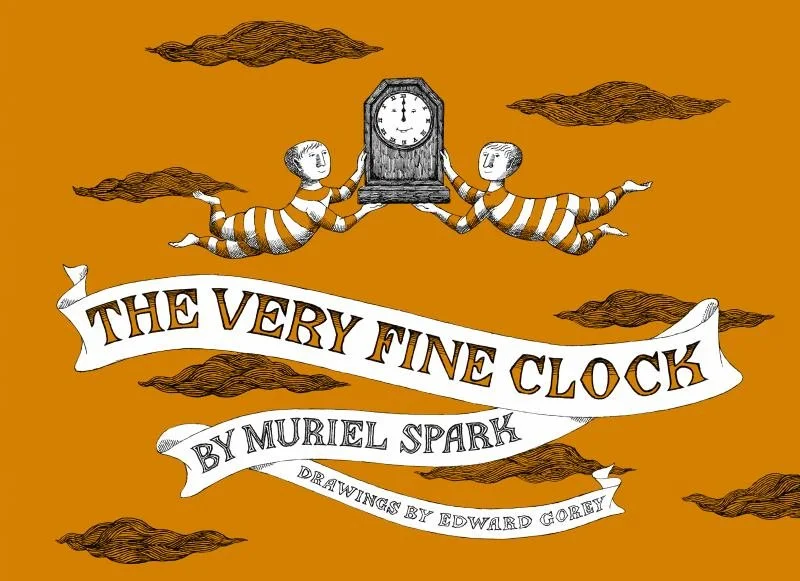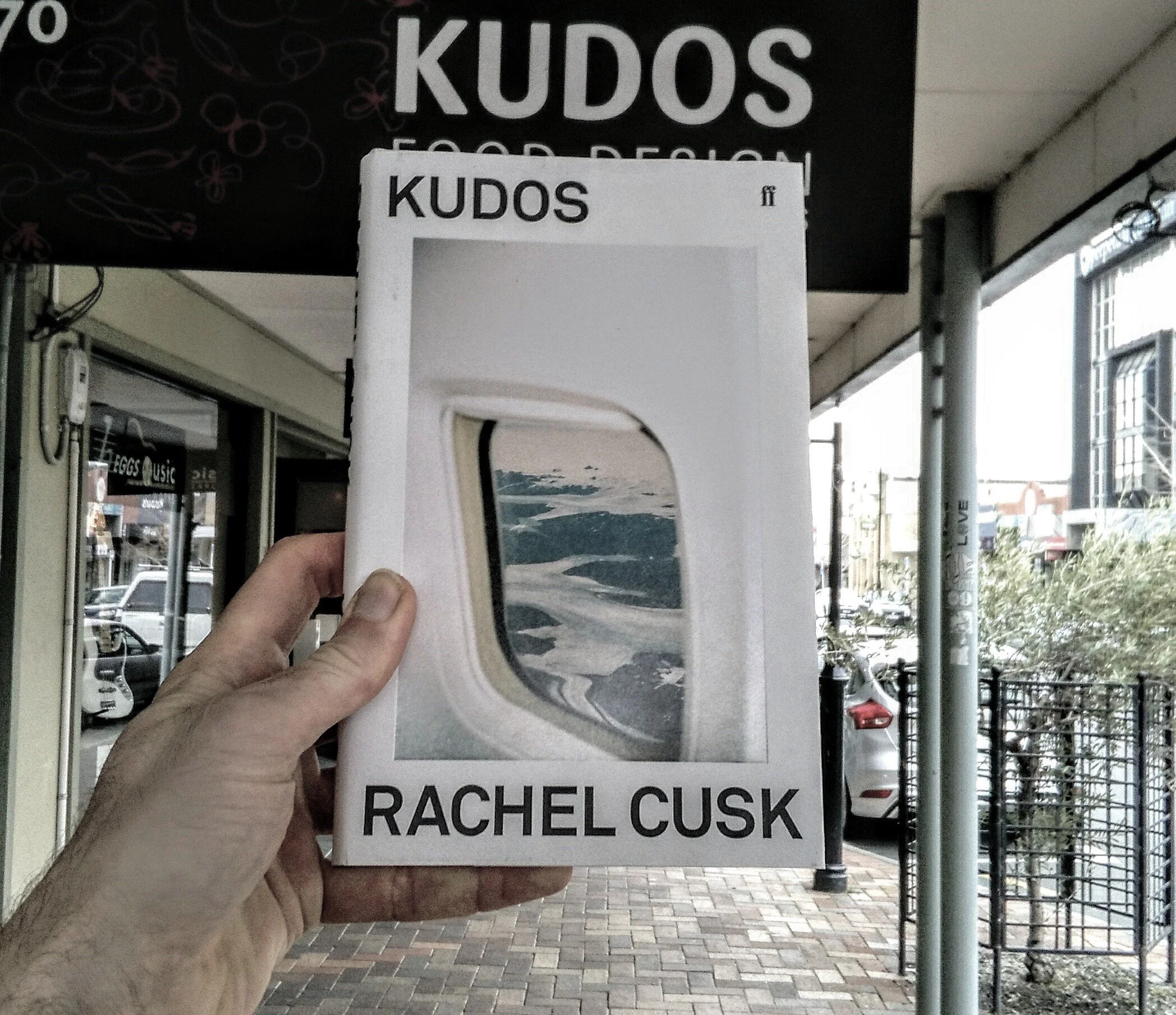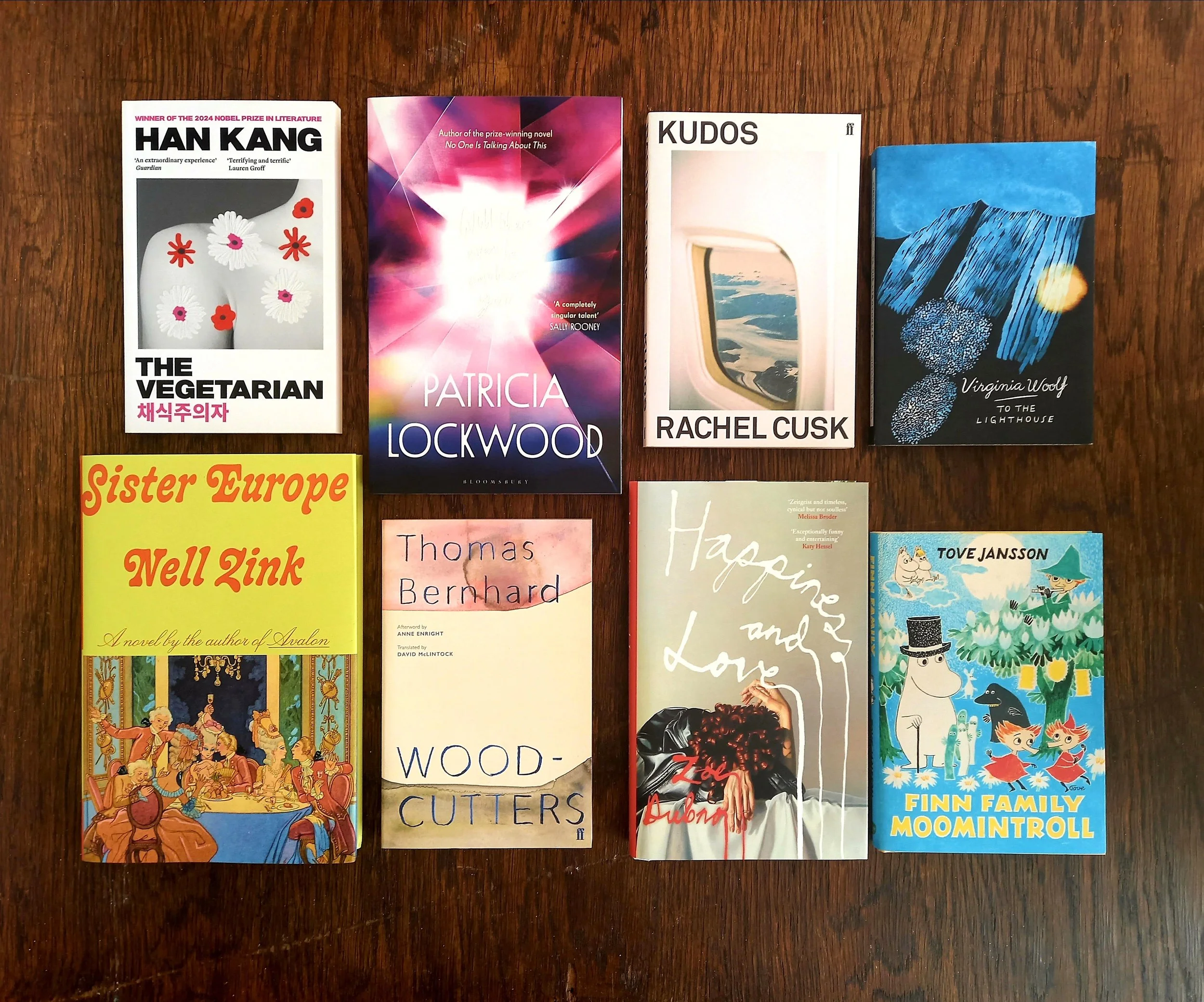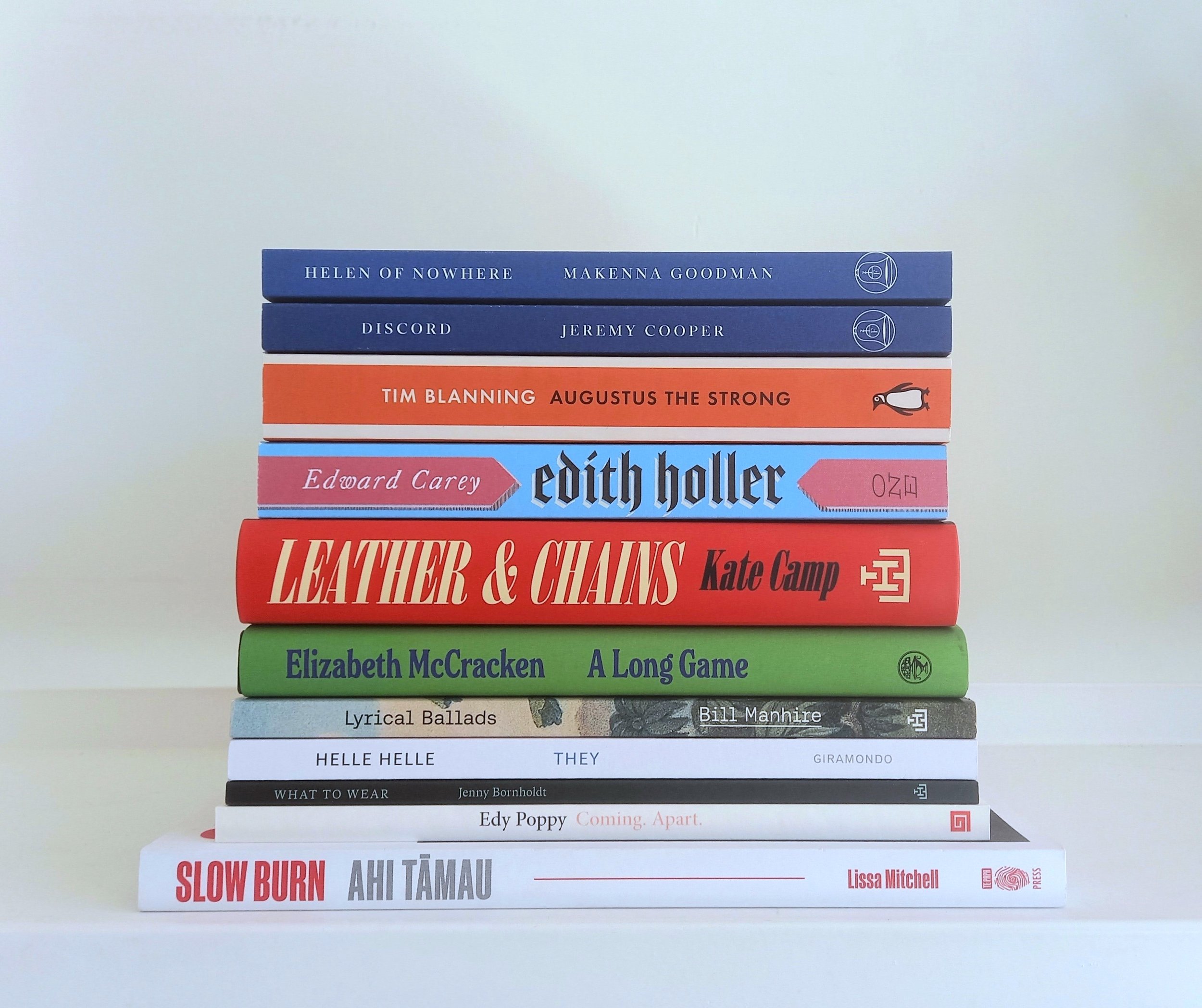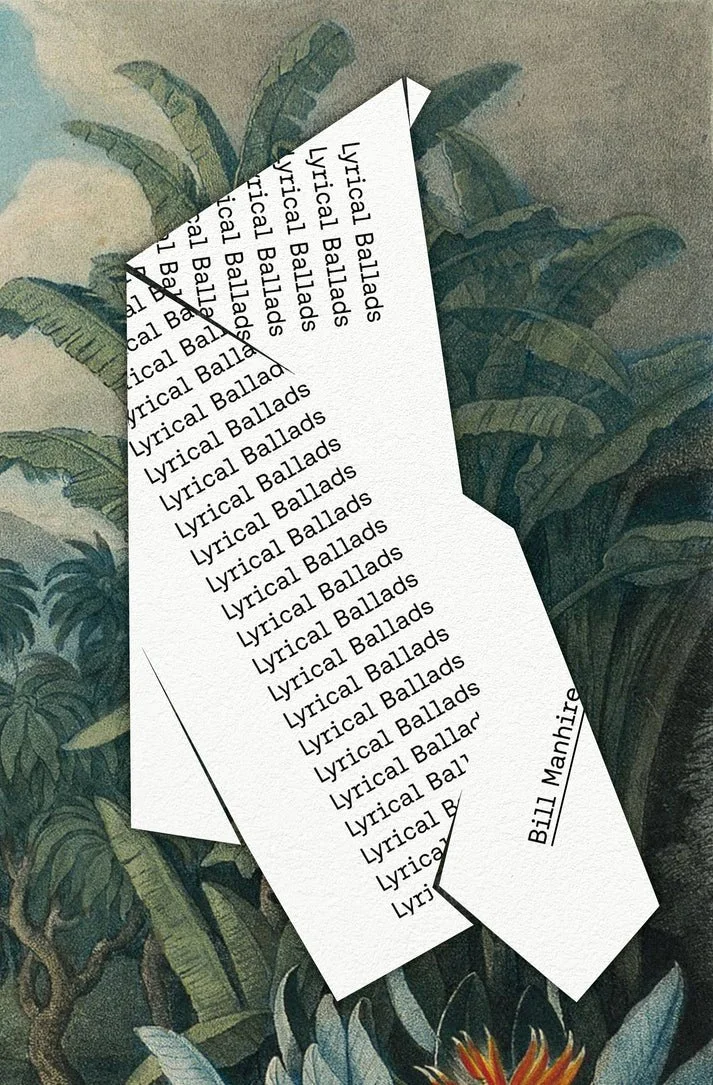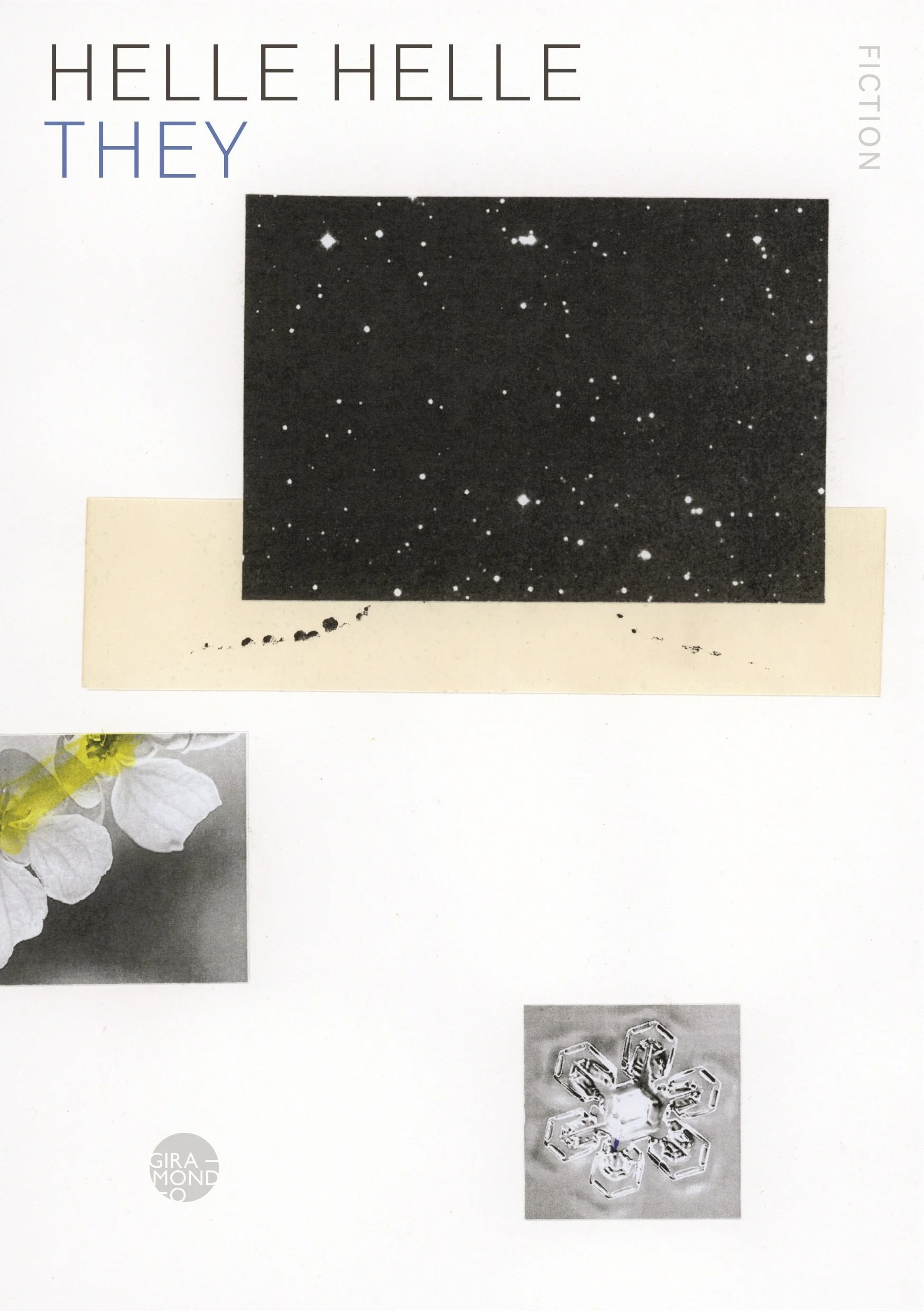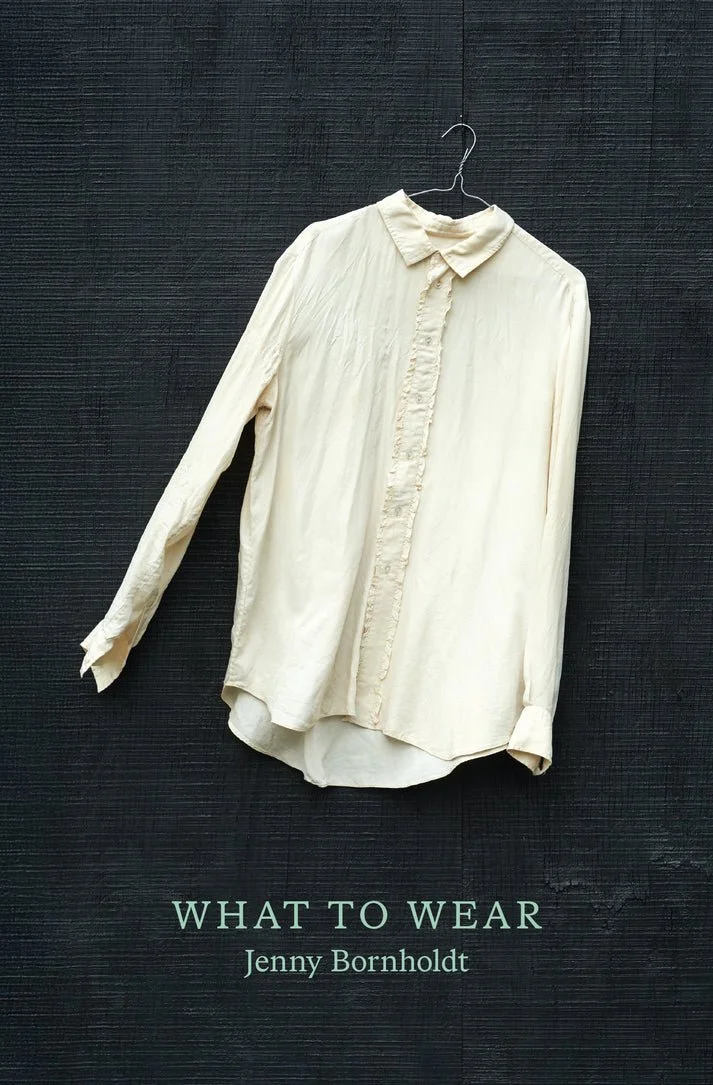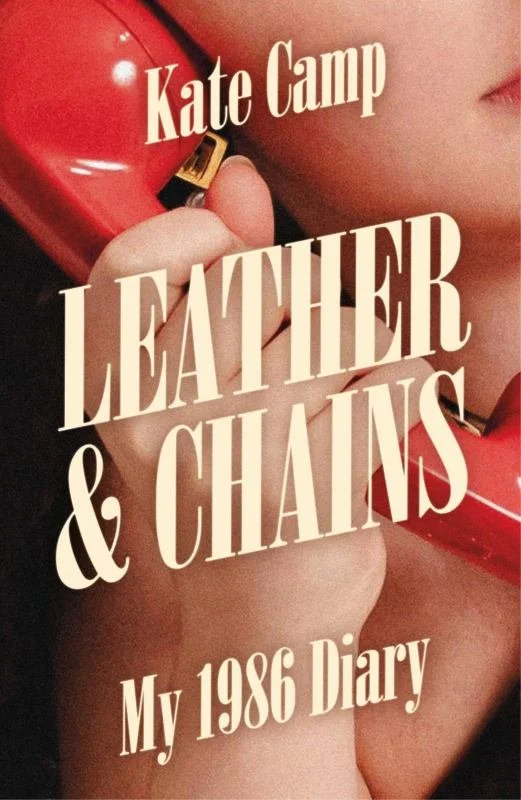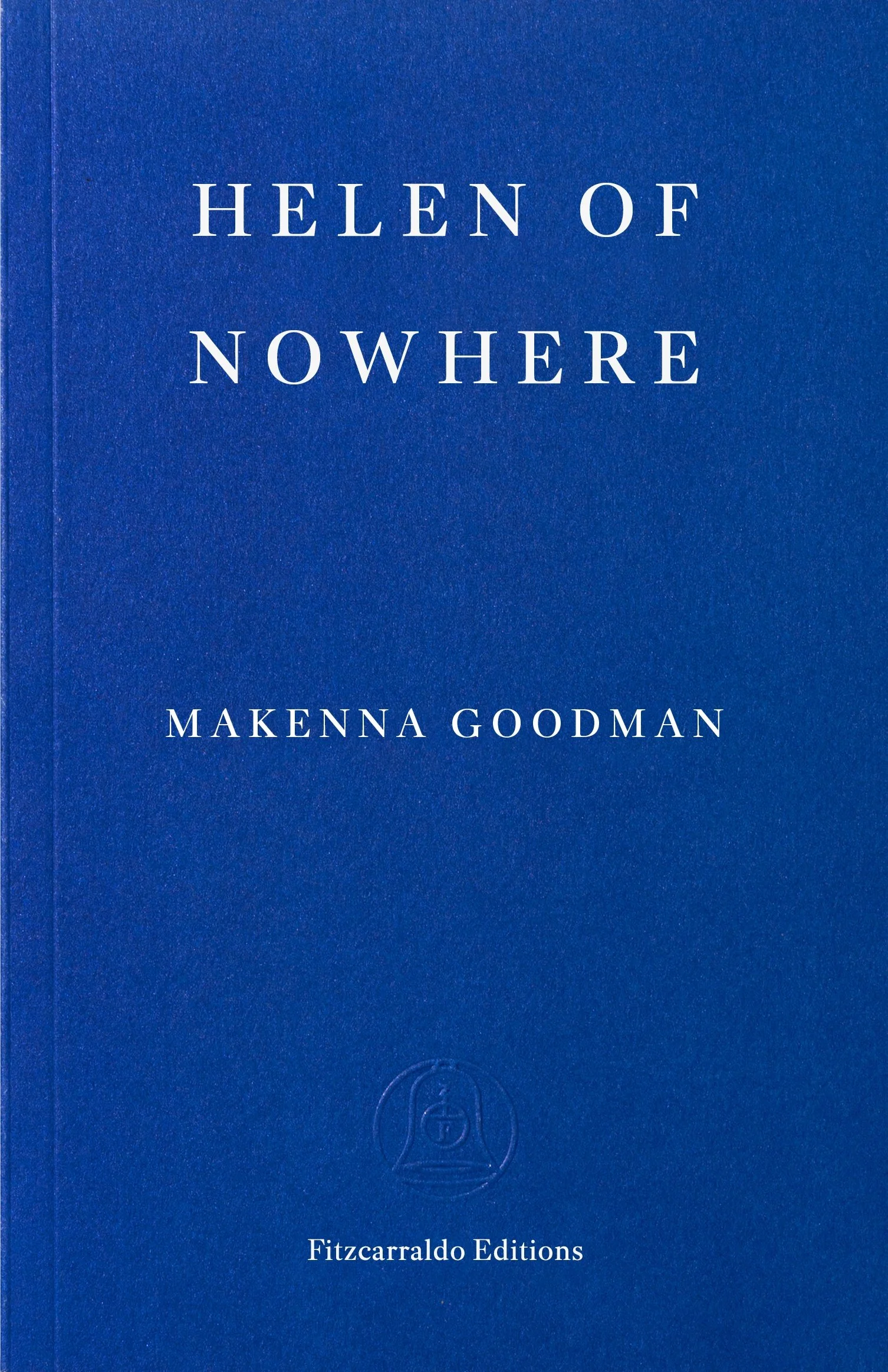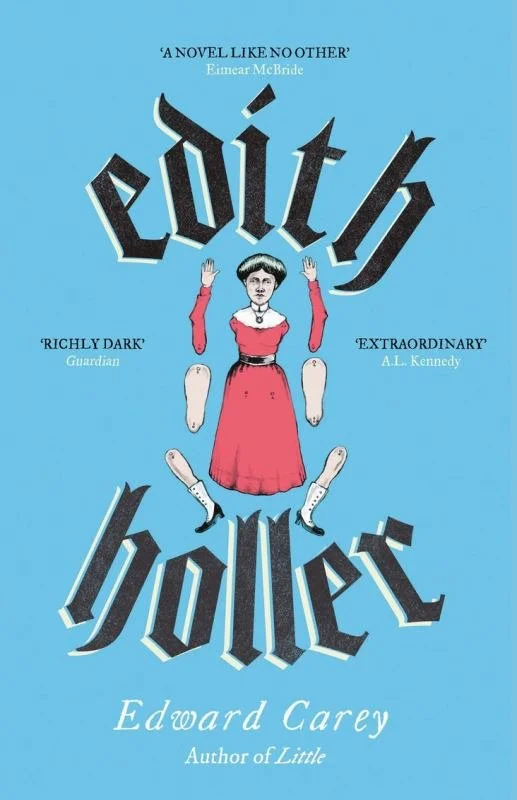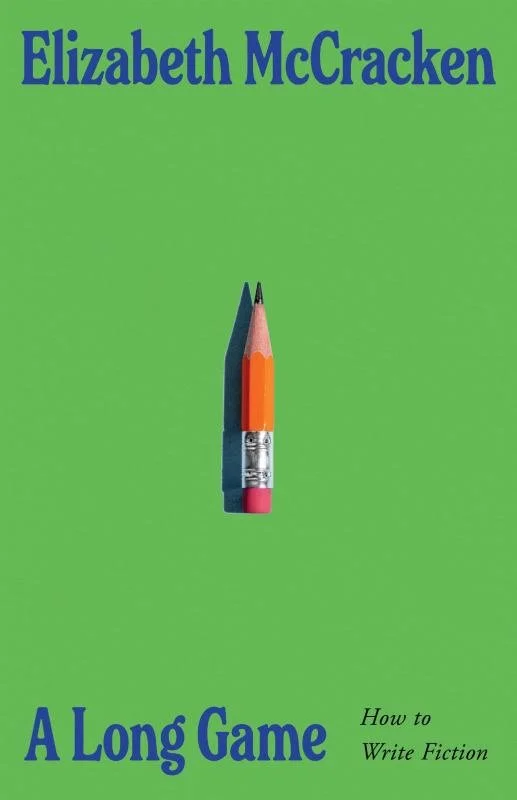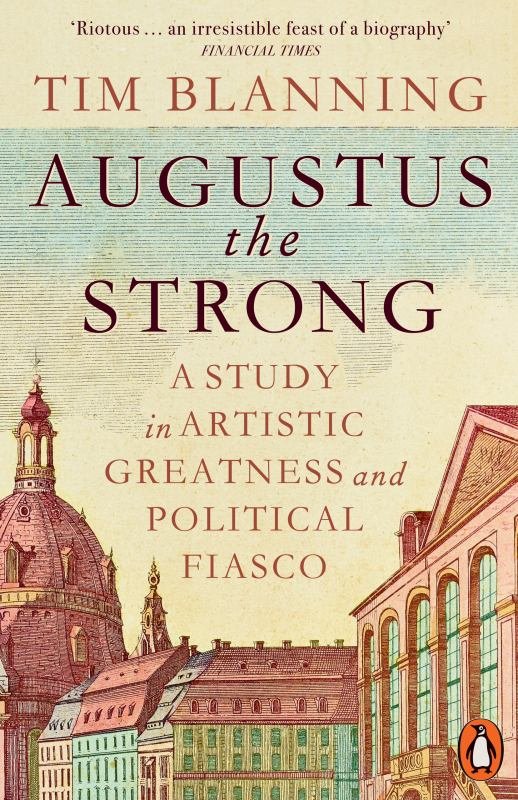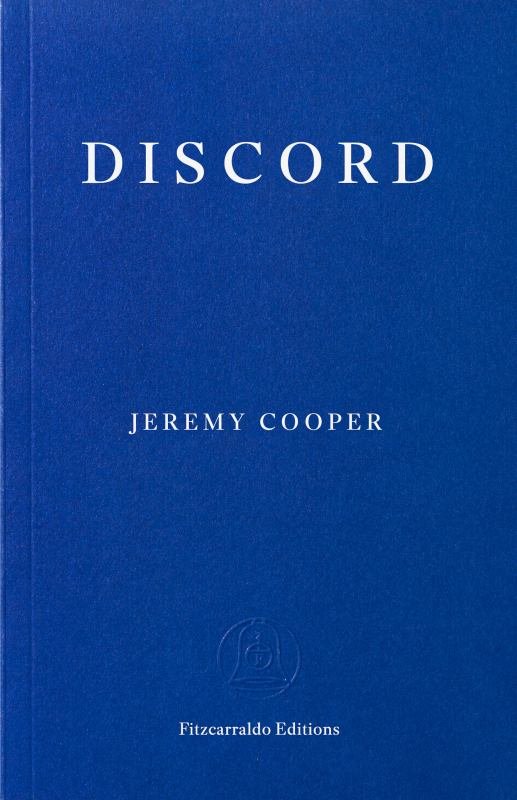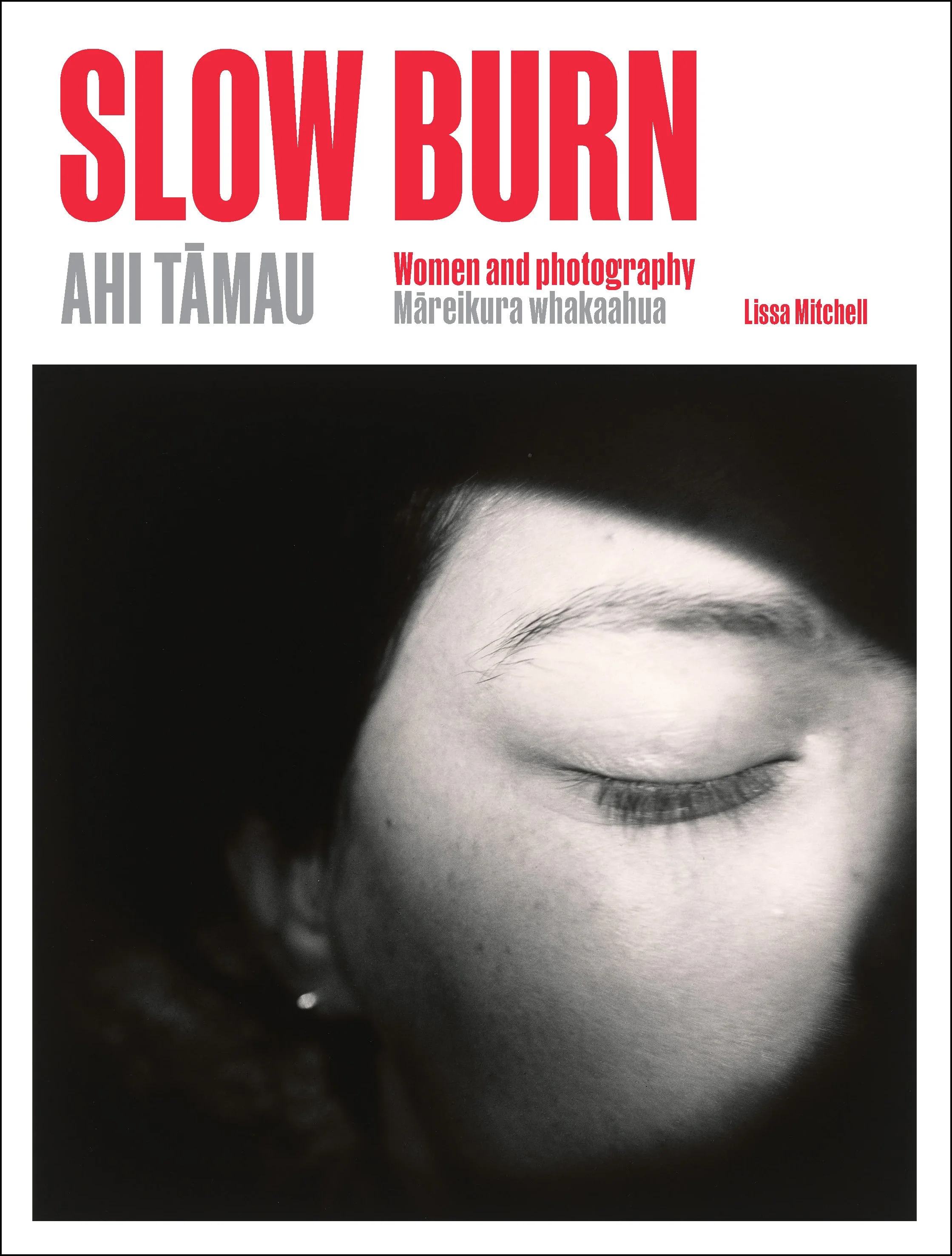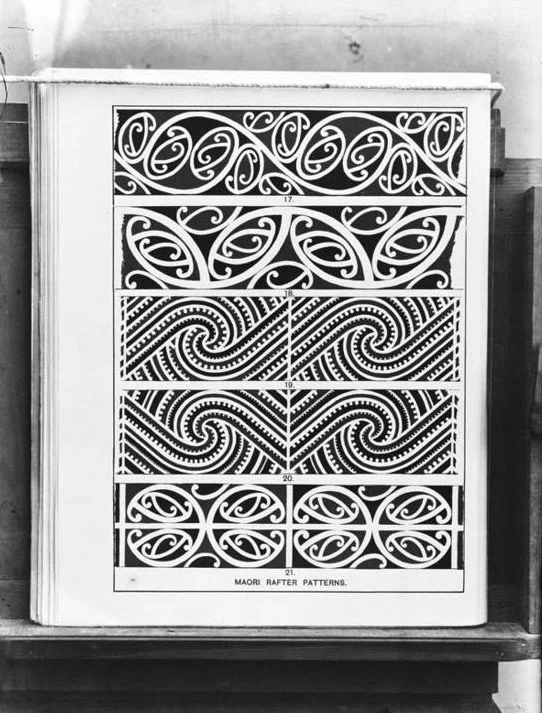The 2026 short lists for the Ockham New Zealand Book Awards have just been announced. Read what the judges have to say about each of these books, and then click through to our website to secure your copies. We can send your books to you by overnight courier, or have them ready to collect from our door in Church Street, Whakatū.
THE JANN MEDLICOTT ACORN PRIZE FOR FICTION
All Her Lives by Ingrid Horrocks (Te Herenga Waka University Press) $35
”Connections abound in this intelligent, skilfully observed story collection. Characters reappear, their past acts echoing through generations. From the life of Mary Wollstonecraft and the troubled legacy of Truby King to the complexities of queer life, the struggles of a single mother and the consequences of political and climate activism, in All Her Lives Ingrid Horrocks subtly depicts the challenges and transformations of women from 1795 to the present day.”
Hoods Landing by Laura Vincent (Ngāti Māhanga, Ngāpuhi) (Āporo Press) $35
”Four generations of the Gordon whānau gather to celebrate Bufty’s birthday in the shrinking settlement of Hoods Landing. Bufty’s youngest daughter, Rita, has yet to announce her cancer diagnosis, and more revelations are in store. Laura Vincent’s novel engulfs the reader in a memorable matriarchal whānau: the decades long tensions and in-jokes, the closely guarded recipes, the tarot readings and the singalongs. Instantly recognisable but utterly unique, epic yet contained, expertly woven and delightfully funny, Hoods Landing contains multitudes.”
How to Paint a Nude by Sam Mahon (Ugly Hill Press) $40
”A Belarusian refugee and a local artist meet for coffee every Tuesday in pre-quake Ōtautahi to discuss art, romance, political oppression, the degradation of our natural environment and much more. This sly and wry reflection from artist and provocateur Sam Mahon abounds with meta-fictional games and killer one-liners. Mahon may have changed some names but he doesn’t pull punches: ‘Sometimes it is an author’s duty to protect the guilty.'“
The Book of Guilt by Catherine Chidgey (Te Herenga Waka University Press) $38
”Can good come from evil or must the rot return? Thirteen-year-old triplets are the last remaining residents of a boys’ home, part of a wider scheme on which the UK government is turning its back. Elsewhere, Nancy is never allowed outside by her parents. The connection between these children, the nature of the scheme and the alternate timeline in which events take place are masterfully revealed in Catherine Chidgey’s menacing yet thrilling novel of big ideas.”
MARY AND PETER BIGGS AWARD FOR POETRY
Black Sugarcane by Nafanua Purcell Kersel (Satupa‘itea, Faleālupo, Aleipata, Tuaefu) (Te Herenga Waka University Press) $30
”Traditionally black sugarcane was well known for its medicinal properties, and Nafanua Purcell Kersel’s debut collection serves as good medicine for the soul, its vivid imagery and seamless flow bringing the reader’s attention to the language and traditions of Fa‘a Sāmoa. A powerful new voice who sits confidently alongside well-known Pasifika female poets, she uses storytelling to reveal the people, customs, spirituality and village life of her Pacific homeland.”
No Good by Sophie van Waardenberg (Auckland University Press) $25
”Rather than make an index of all slights and offences, in No Good Sophie Van Waardenberg takes all the bad stuff and crafts it into something wonderful and refined. Her poems possess the angelic tranquillity of a favourite child on their death bed, cut and pasted into the florid atmosphere of a Bosch painting where love and bereavement come and go. This is a debut poet who continues to blush at the beauty of her world.”
Sick Power Trip by Erik Kennedy (Te Herenga Waka University Press) $30
”Persuasive, subversive, cohesive, immersive ... these and many other rhyming words describe Erik Kennedy’s latest collection Sick Power Trip. In addition to his trademark wit, play and societal awareness, Kennedy’s range and muscularity announce him as a master craftsman; a poet who can bend and mould the shaping of modern life and, in that shaping, reveal something new, something hidden, something human.”
Terrier, Worrier: A poem in five parts by Anna Jackson (Auckland University Press) $25
”Weaving essays through five seasons, beginning and ending in summer, Terrier, Worrier is poetic prose flow at its most extraordinary. Partly autobiographical, the five prose-poems connect with readers through individual thought, expressed with words and feelings that compare to animal thoughts and emotions. Anna Jackson masterfully paints these into images that relate on a personal level, while entwining the quotes and references of various writers with her own take on the seasons.”
BOOKHUB AWARD FOR ILLUSTRATED NON-FICTION
Garrison World: Redcoat Soldiers in New Zealand and Across the British Empire by Charlotte Macdonald (Bridget Williams Books) $70
”Extensively researched, impeccably written and richly illustrated, Charlotte MacDonald’s compelling narratives reconstruct the stories of people shipped to Aotearoa to carry out the imperial orders of the British Empire in the mid-nineteenth century and their impacts on Māori communities. Revealing political power shifts, Garrison World illuminates the lived experiences of ordinary people caught up in the global machinations of the colonial project — histories often hidden in plain sight in the land, monuments and street names.”
He Puāwai: A Natural History of New Zealand Flowers by Philip Garnock-Jones (Auckland University Press) $80
”As both author and photographer, Philip Garnock-Jones presents a new take on the sex life of Aotearoa’s native flora. Offering a sense of wonder through meticulously detailed stereoscopic photography (complete with 3D glasses) which documents the intricate parts of each flower, He Puāwai delivers from cover to cover. Notable for its encyclopaedic manner and seamless design, its exquisite photographs and informative text offer both universal and scientific appeal, rewarding amateur, dilettante and expert readers alike.”
Mark Adams: A Survey – He Kohinga Whakaahua by Sarah Farrar (Massey University Press and Auckland Art Gallery Toi o Tāmaki) $80
”Long overdue, He Kohinga Whakaahua surveys five decades of work by the renowned photographer Mark Adams, who through his large format camera regards cross-cultural sites of colonial and Pacific histories. This book celebrates Adams’ extensive research processes and how, through intersecting narratives, his work consistently draws attention to locations, people and historic events. The photographs are met with texts by Sarah Farrar, Ngāhuia te Awekōtuku and Nicholas Thomas, who furnish valuable context to Adams’s practice.”
Mr Ward’s Map: Victorian Wellington, street by street by Elizabeth Cox (Massey University Press) $90
”Based on a map of Victorian Wellington, still in use today, this book traces the 1890s — a period of rapid growth and social change. Elizabeth Cox reveals stories located throughout the cityscape: in the gutters and sewers, boarding houses, tearooms and mansions on the hill. From the dust jacket and typography to the pairing of historic photographs with relevant map excerpts, this book has been artfully designed — bringing navigational clarity to the complexities of the map.”
GENERAL NON-FICTION AWARD
A Different Kind of Power by Jacinda Ardern (Penguin Random House) $60
”A well-crafted, candid, rewarding account of a turbulent period in national history from one of its significant actors. Jacinda Ardern interweaves the political context with a personal story of her life and upbringing, her struggle with imposter syndrome, and the unwanted mantle of political leadership, offering insight into a life of service. The writing is emotionally wise and balances the needs of local and international readers, while also appealing to those less interested in politics.”
Northbound: Four seasons of solitude on Te Araroa by Naomi Arnold (Harper Collins Aotearoa New Zealand) $40
”The main character of Northbound is not the author, who walks Te Araroa trail, but rather the land of Aotearoa New Zealand itself. Naomi Arnold is a warm, funny, insightful guide, and the immediacy of her writing puts readers on the track right next to her. Her honest self-awareness conveys the significant personal costs of the undertaking, as well as its potential for transformation and the gift of learning more about the country in which we live.”
The Hollows Boys: A Story of Three Brothers and the Fiordland Deer Recovery Era by Peta Carey (Potton & Burton) $40
”The Hollows Boys brings to life the Fiordland helicopter deer recovery industry, a uniquely New Zealand slice of social history. Peta Carey focuses on the fascinating, exciting and sometimes tragic story of three brothers, through which she explores our mythology of landscape and male heroism. Her protagonists emerge as reckless yet surprisingly vulnerable. The writing is always rich and evocative, and the book is liberally illustrated with historic photos.”
This Compulsion in Us by Tina Makereti (Te Ātiawa, Ngāti Tūwharetoa, Ngāti Rangatahi-Matakore, Pākehā) (Te Herenga Waka University Press) $40
”This beautifully written collection of interconnected essays records Tina Makereti’s journey of self-discovery as a writer, daughter and mother as she gradually becomes aware of her Māori identity. Always brave and generous, Makereti’s words will resonate with New Zealanders who are finding out they have whakapapa. It is a mature and reflective work, suggestive of long periods of thinking as the author finds a way to live within cultural duality, contradiction and paradox.”

